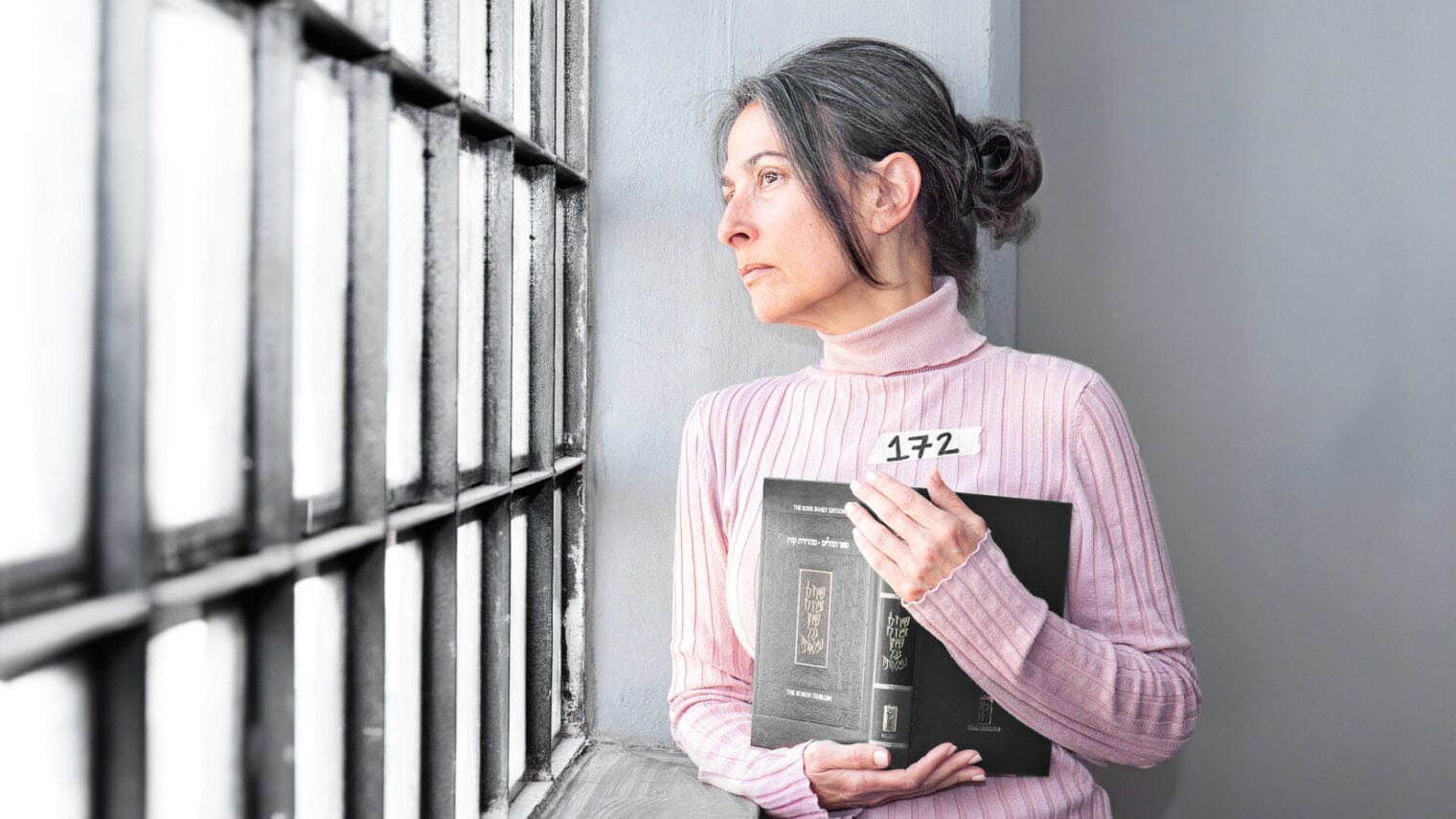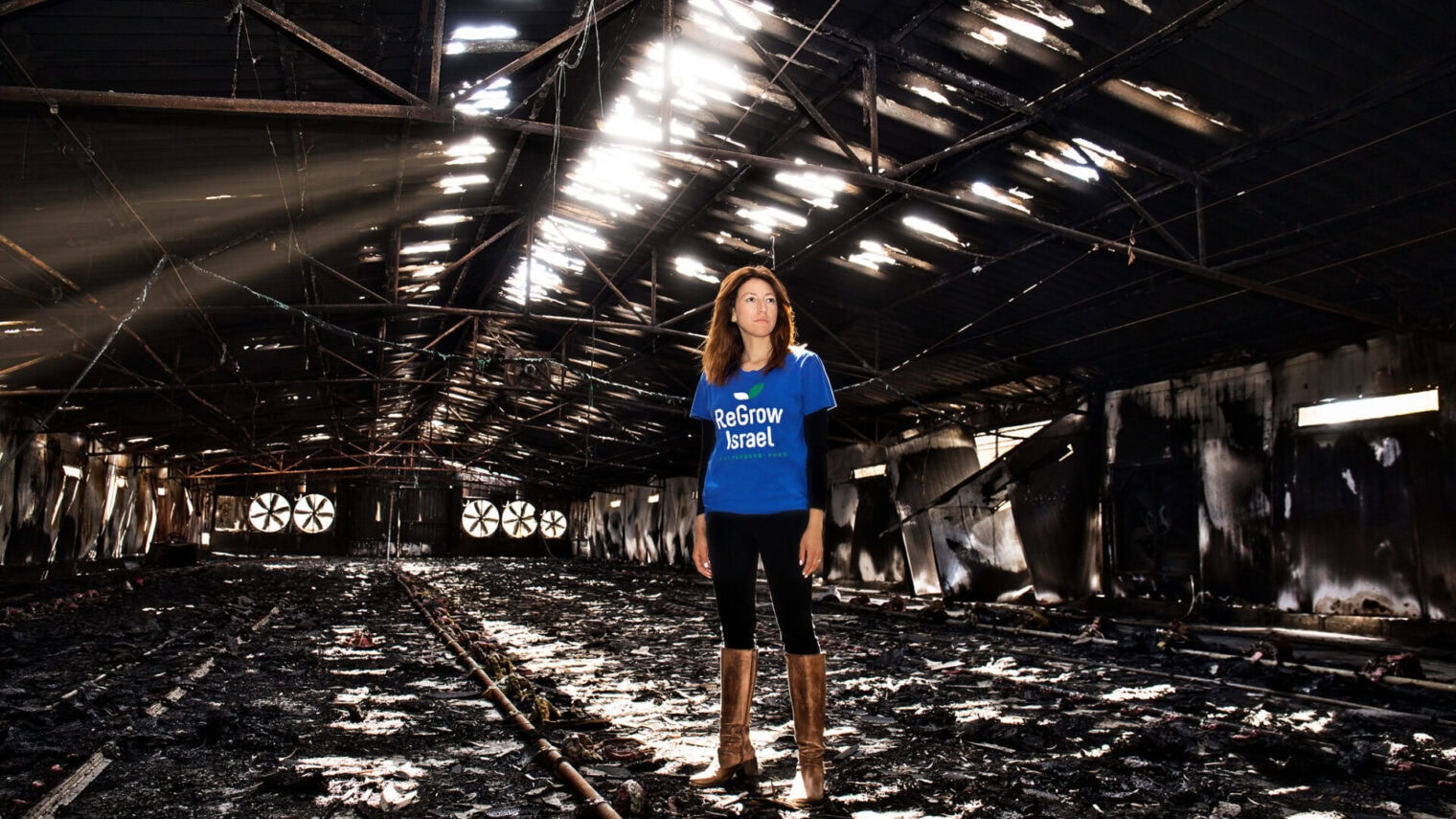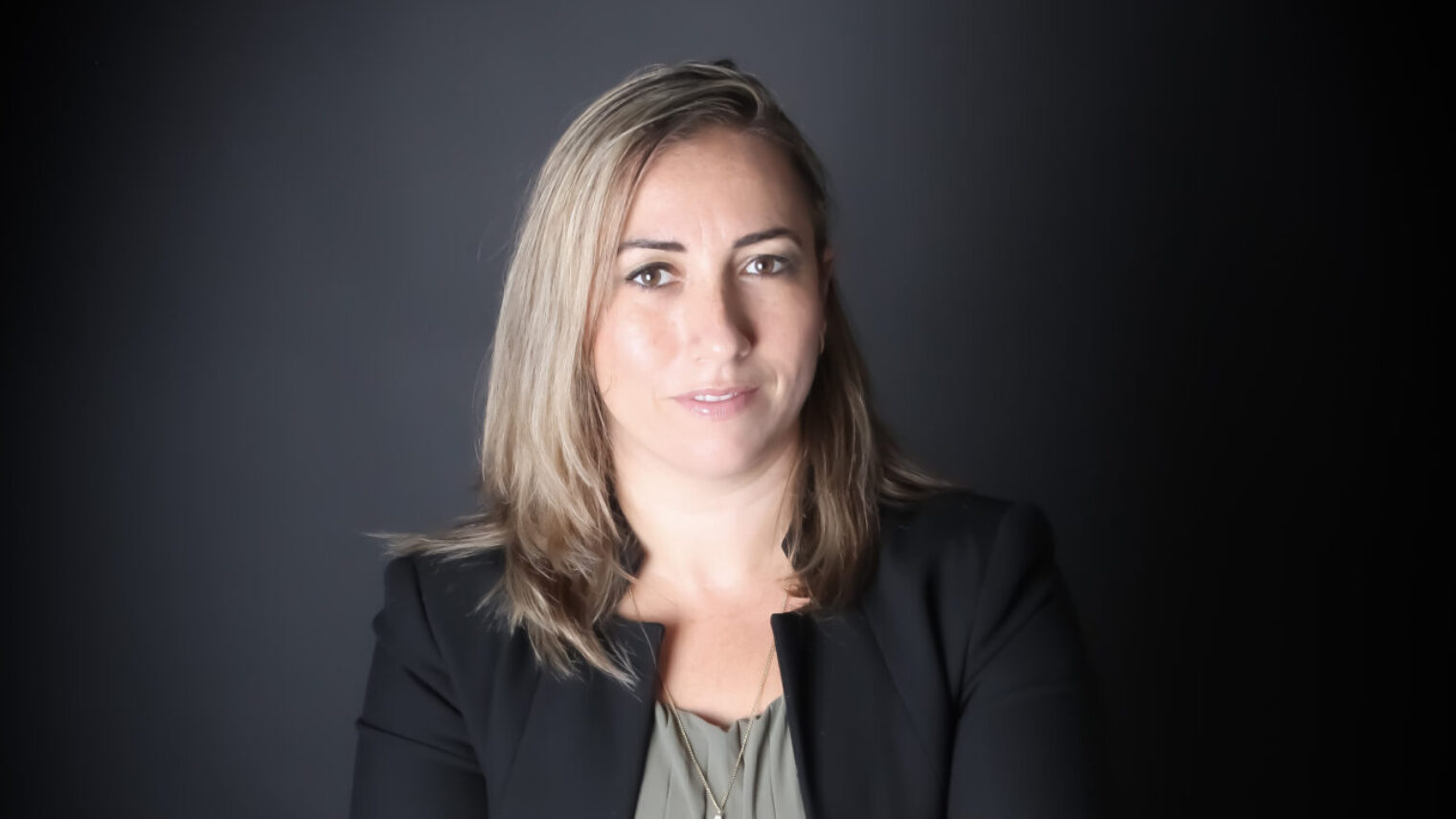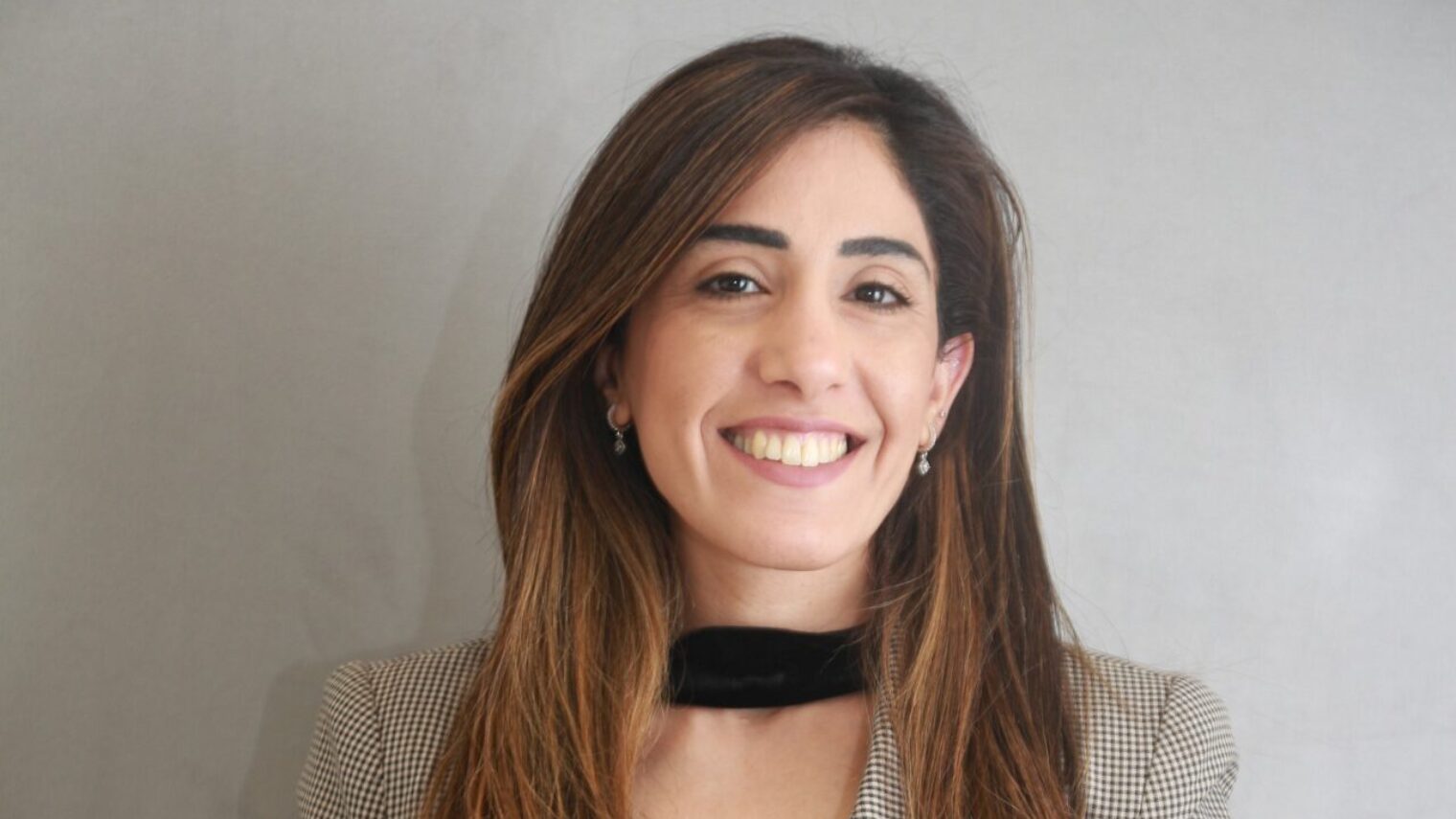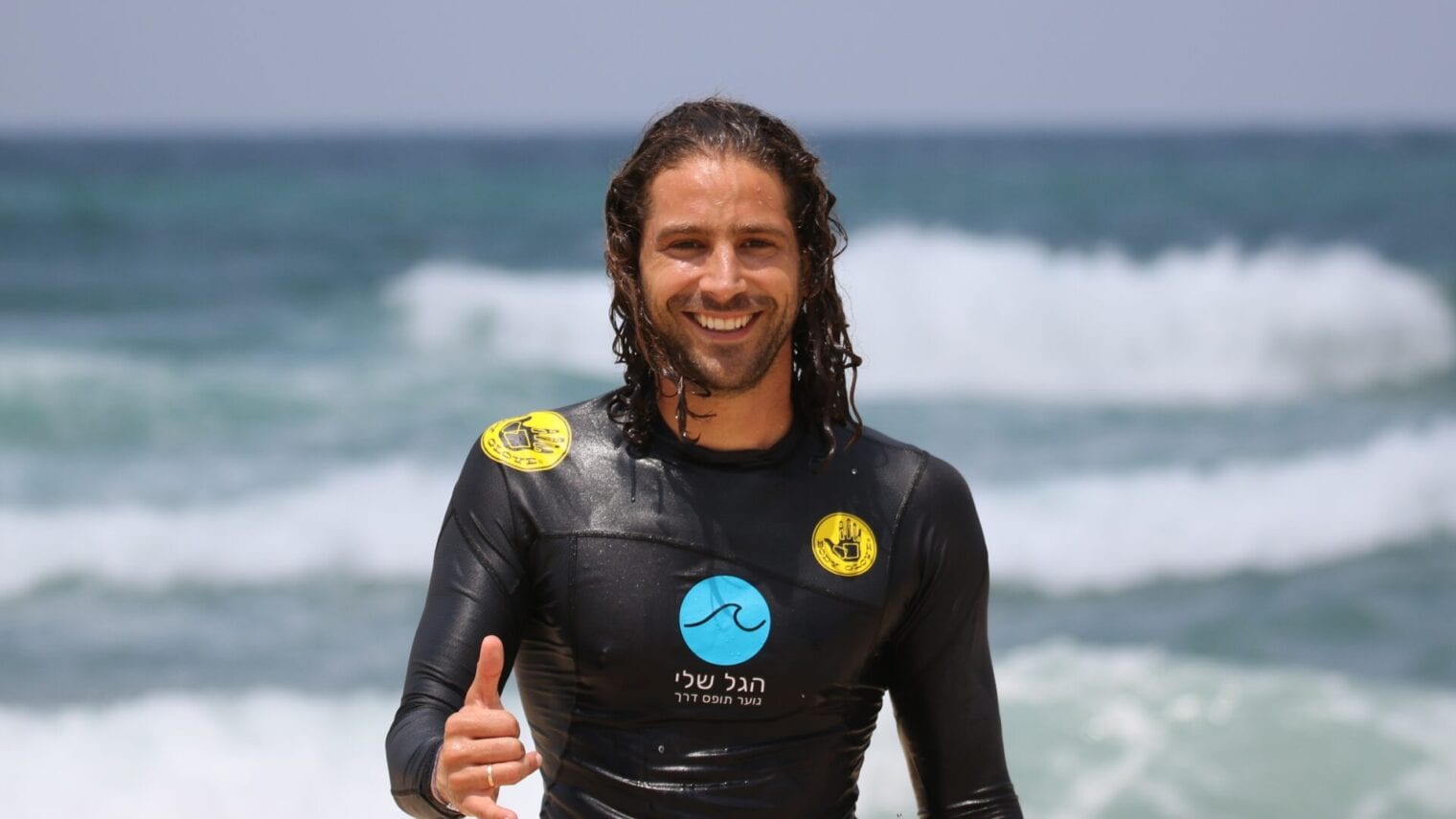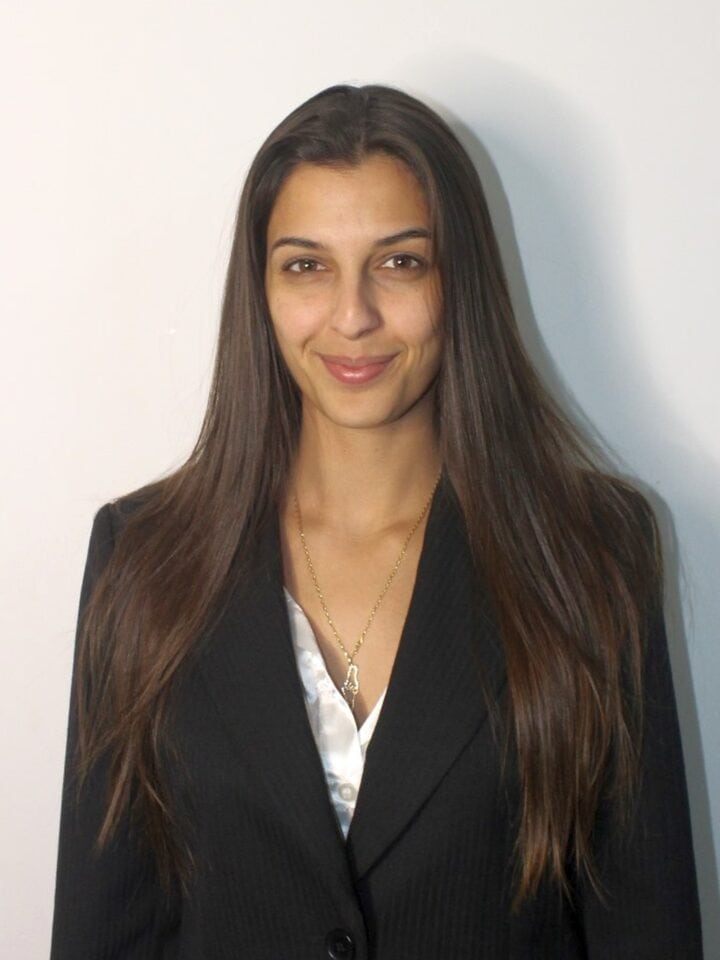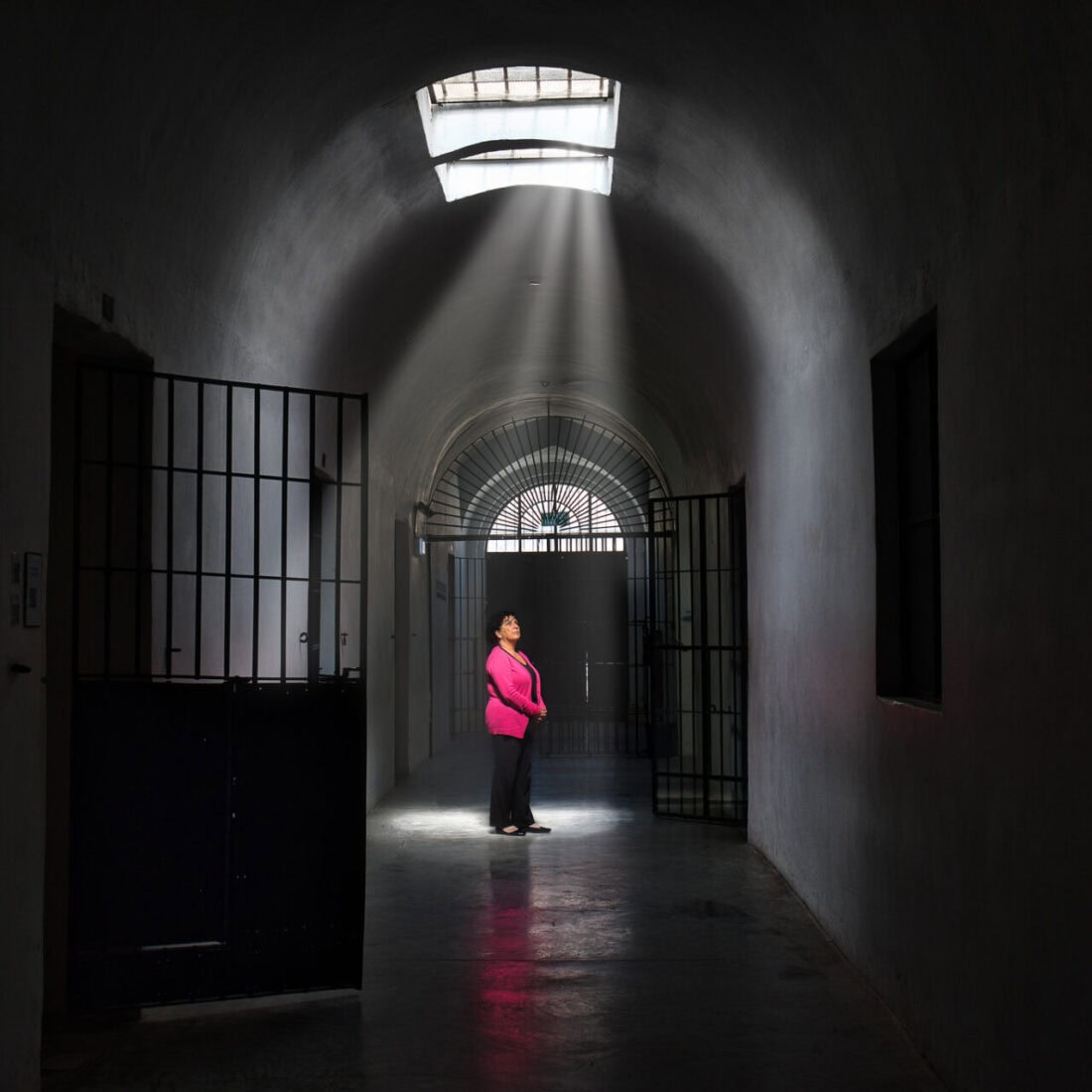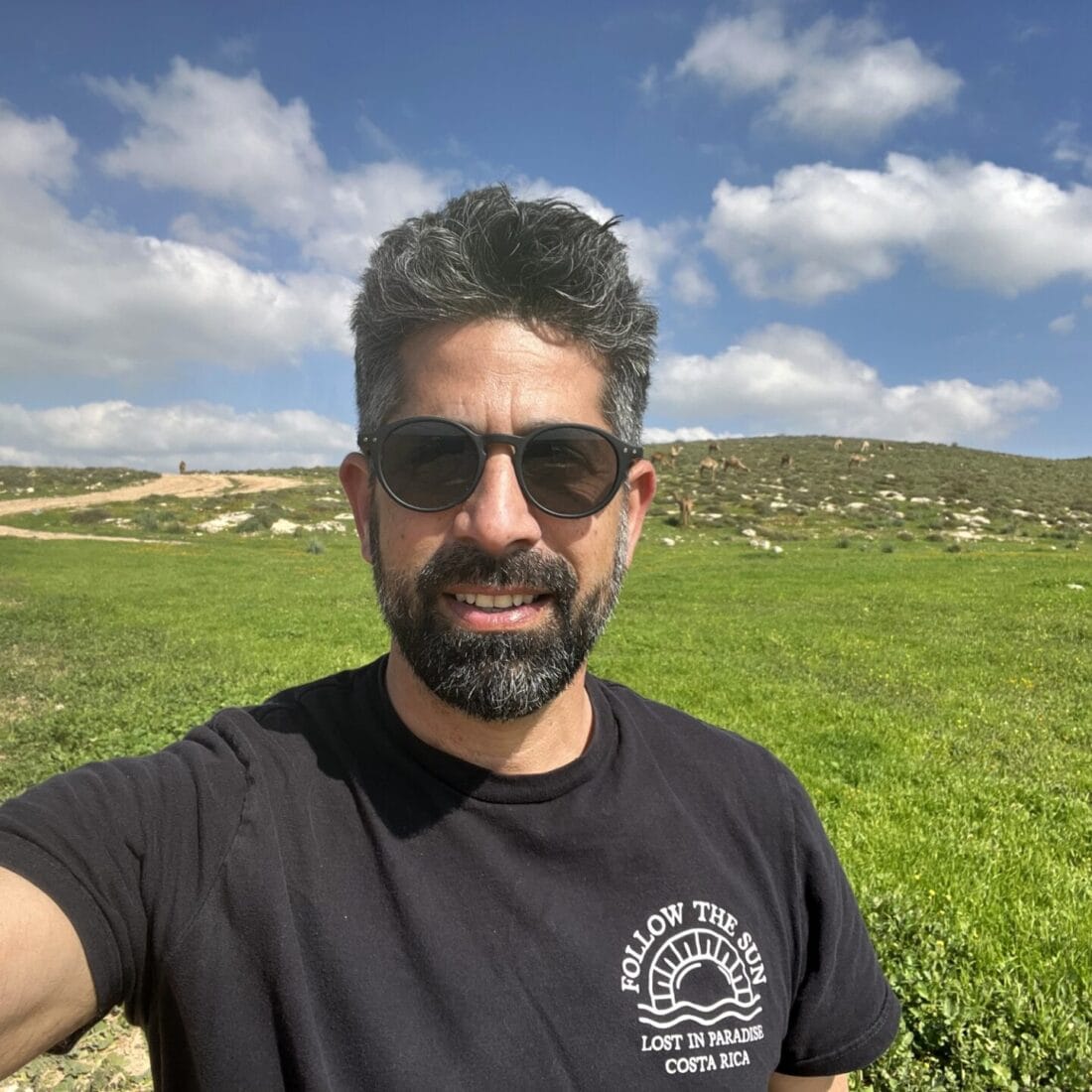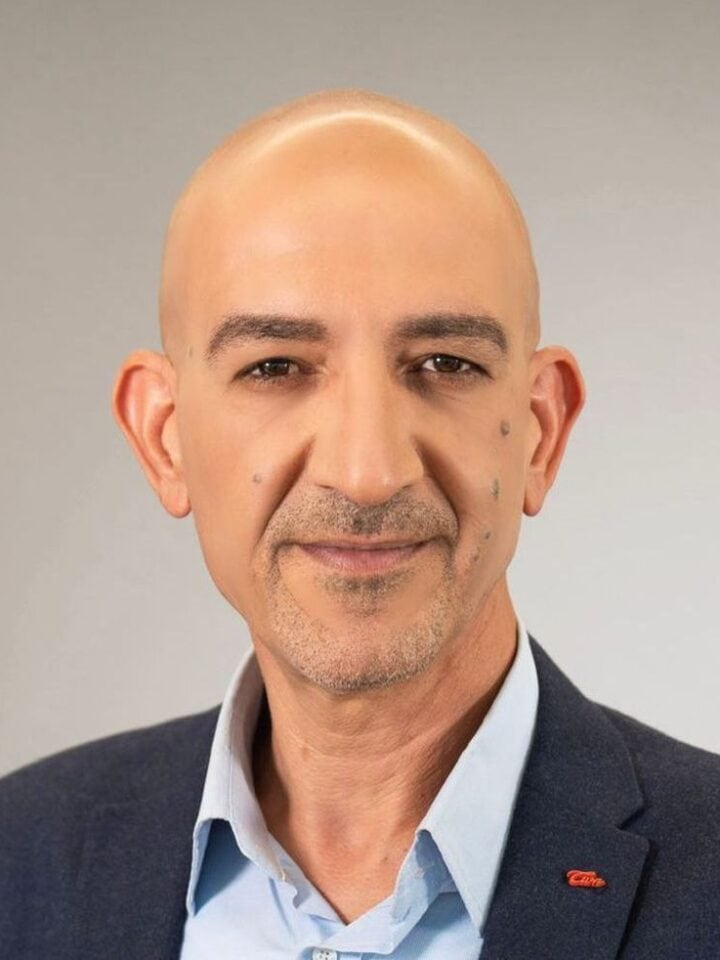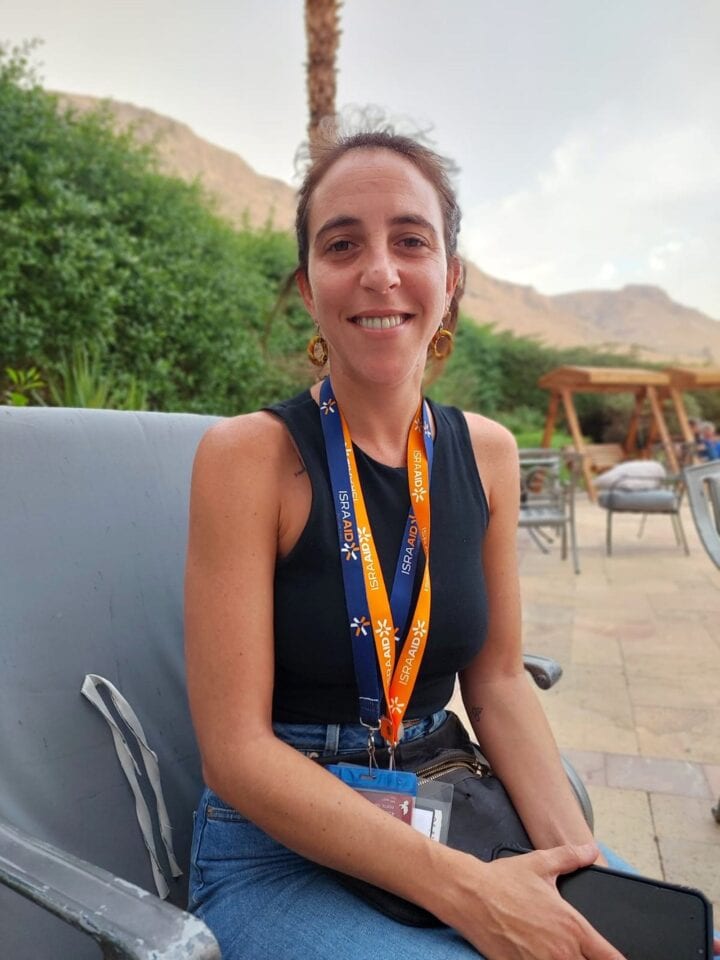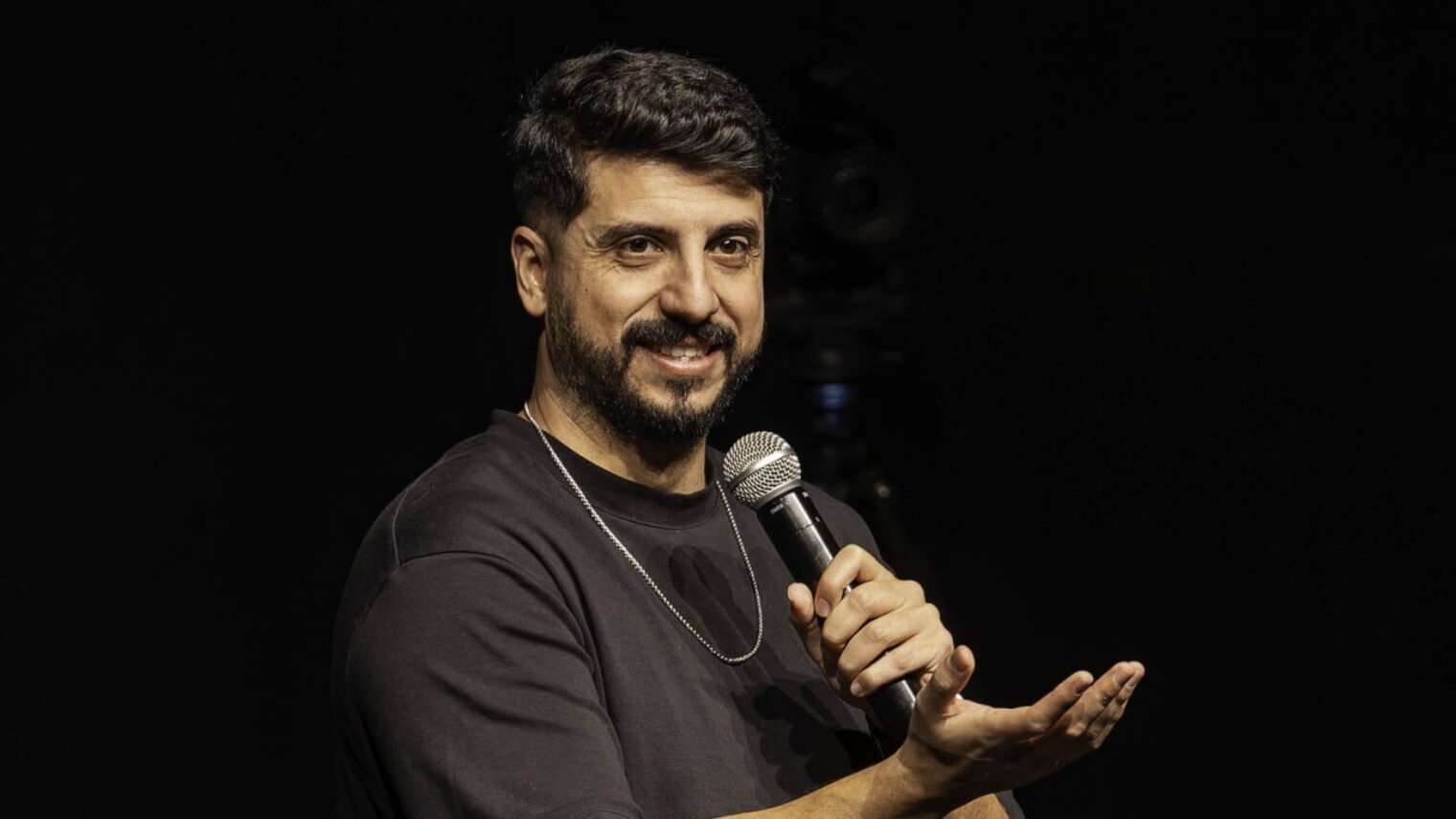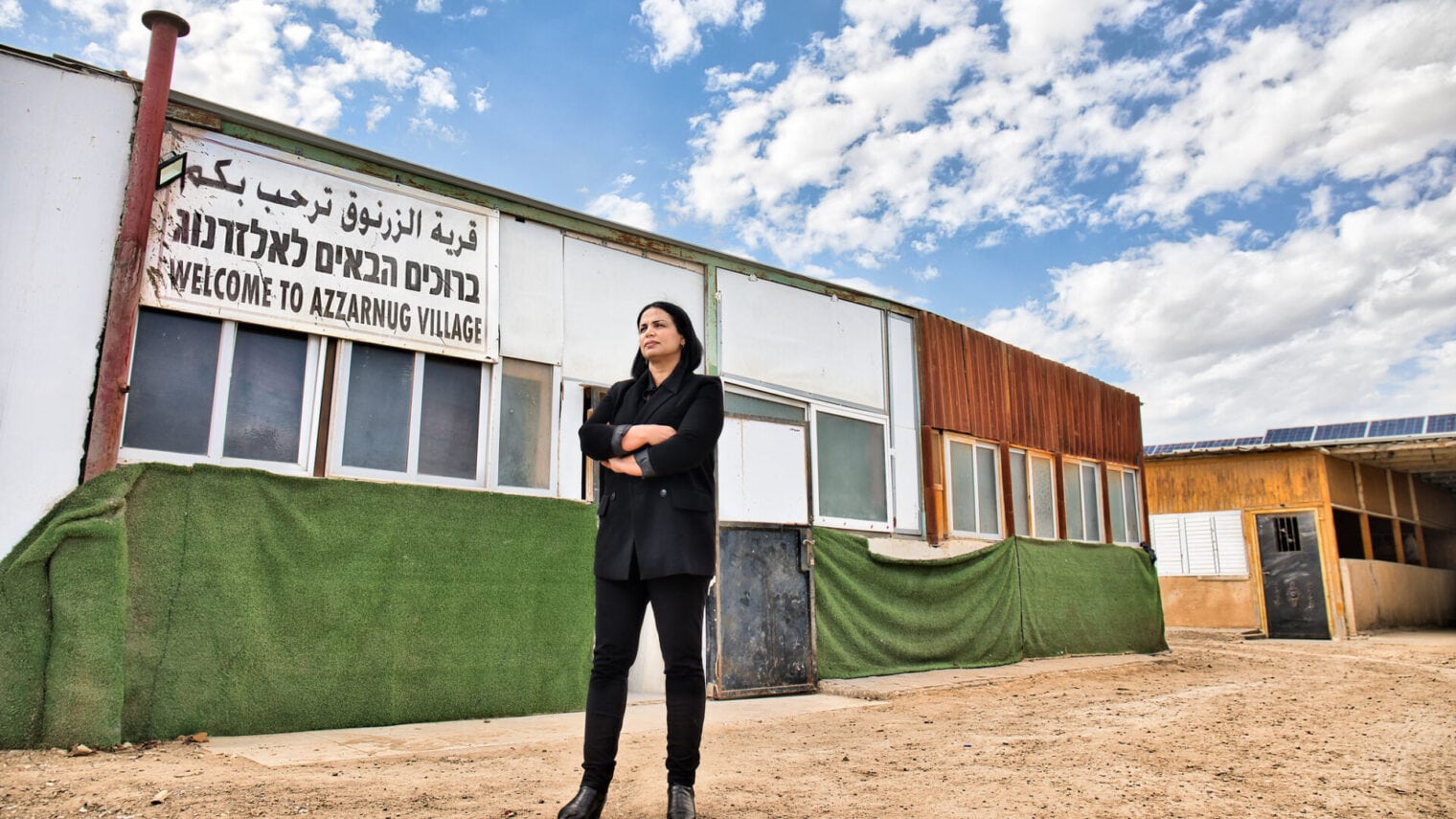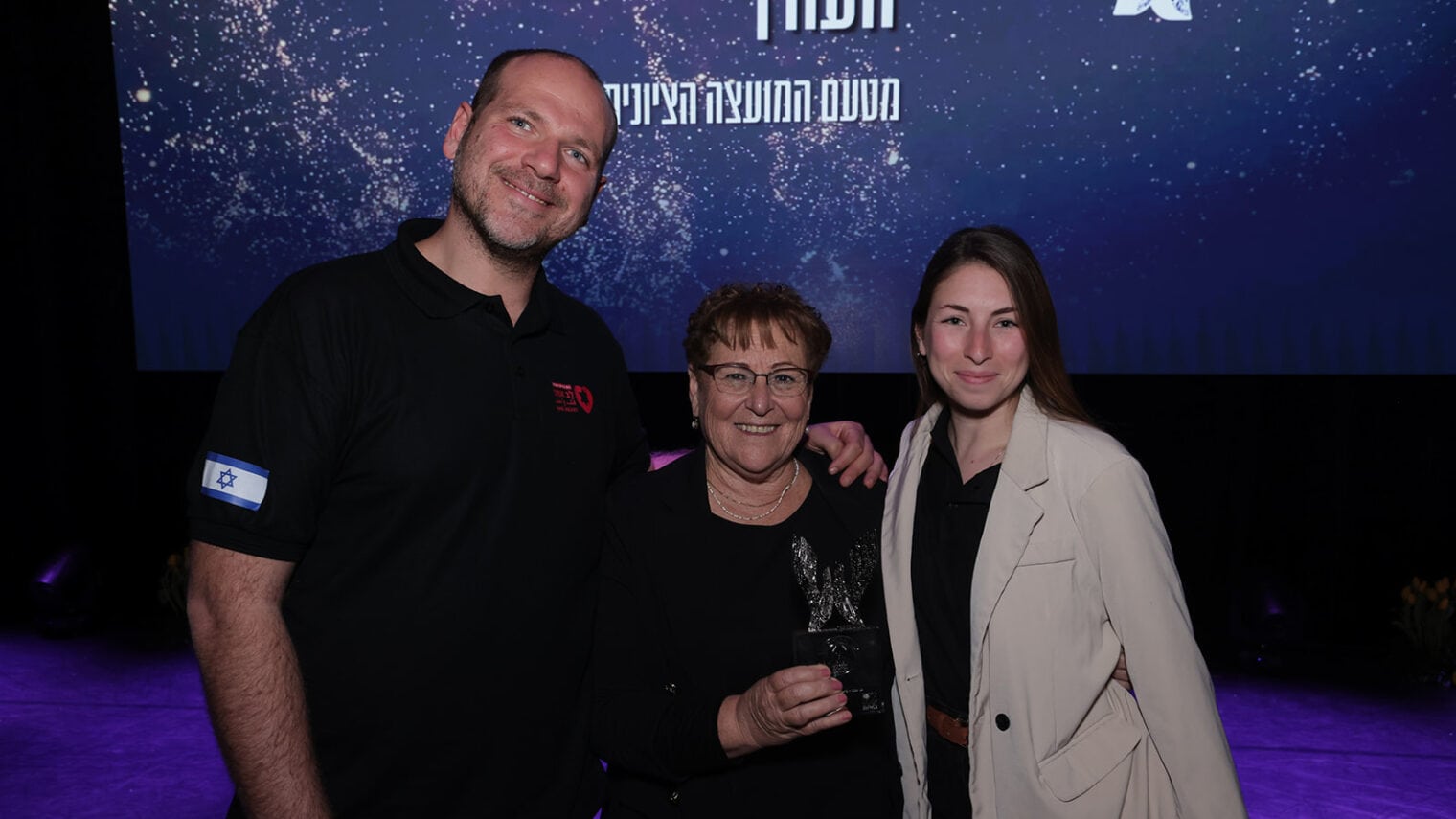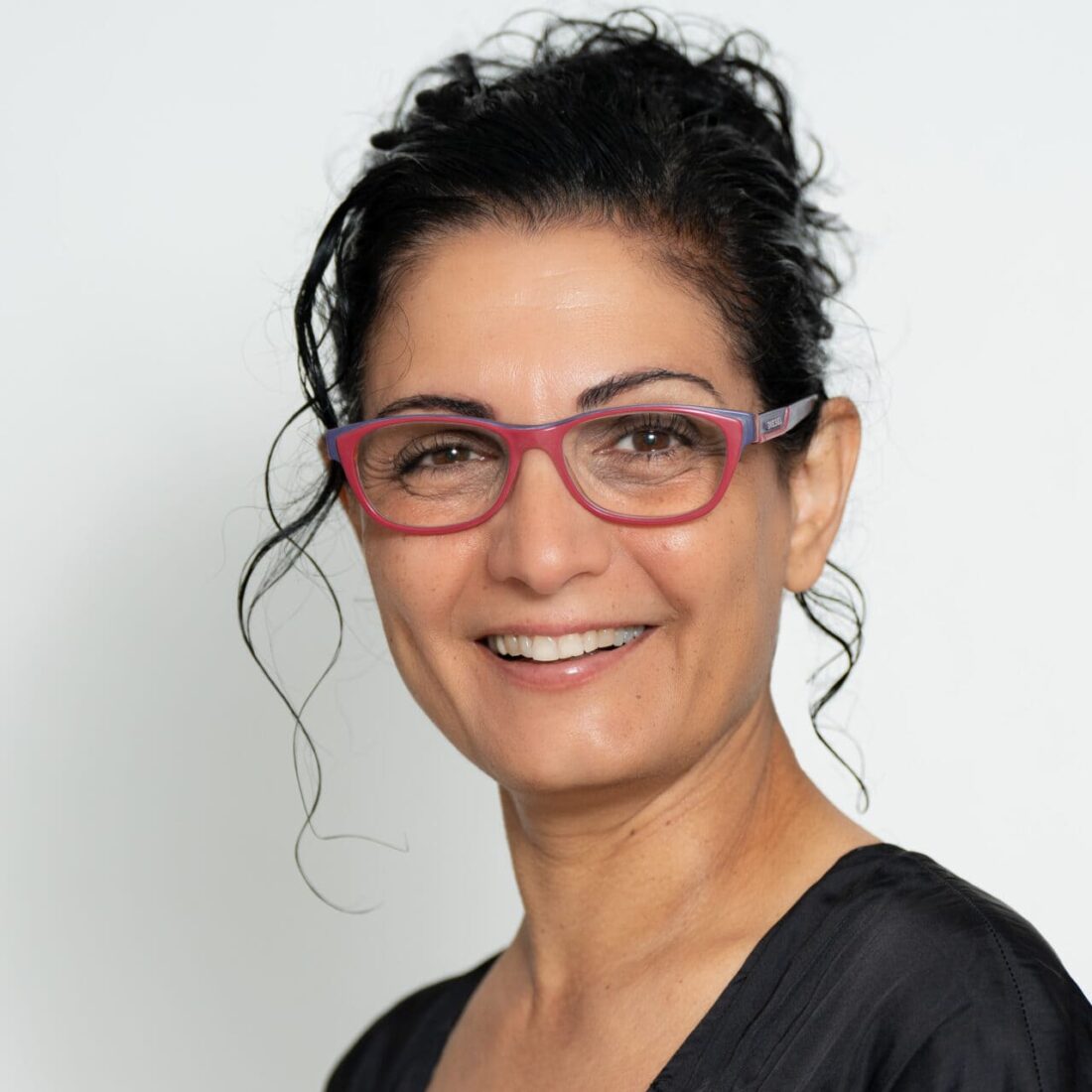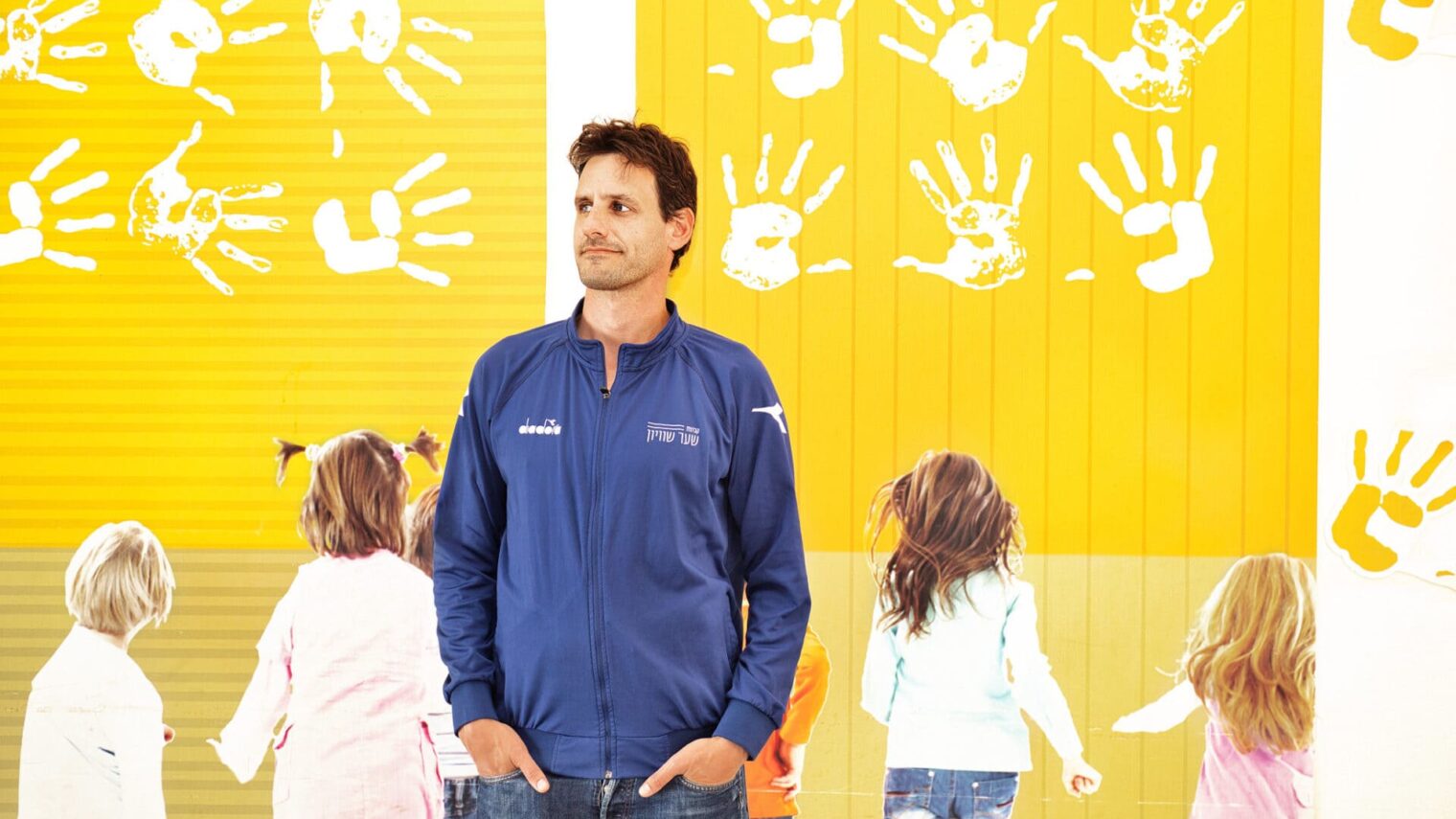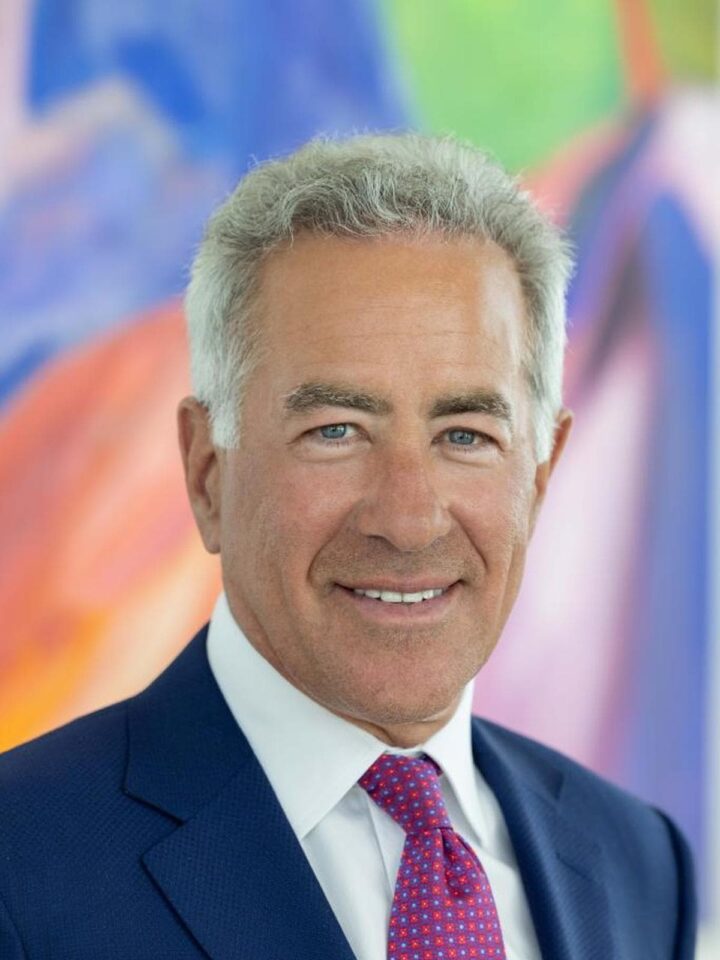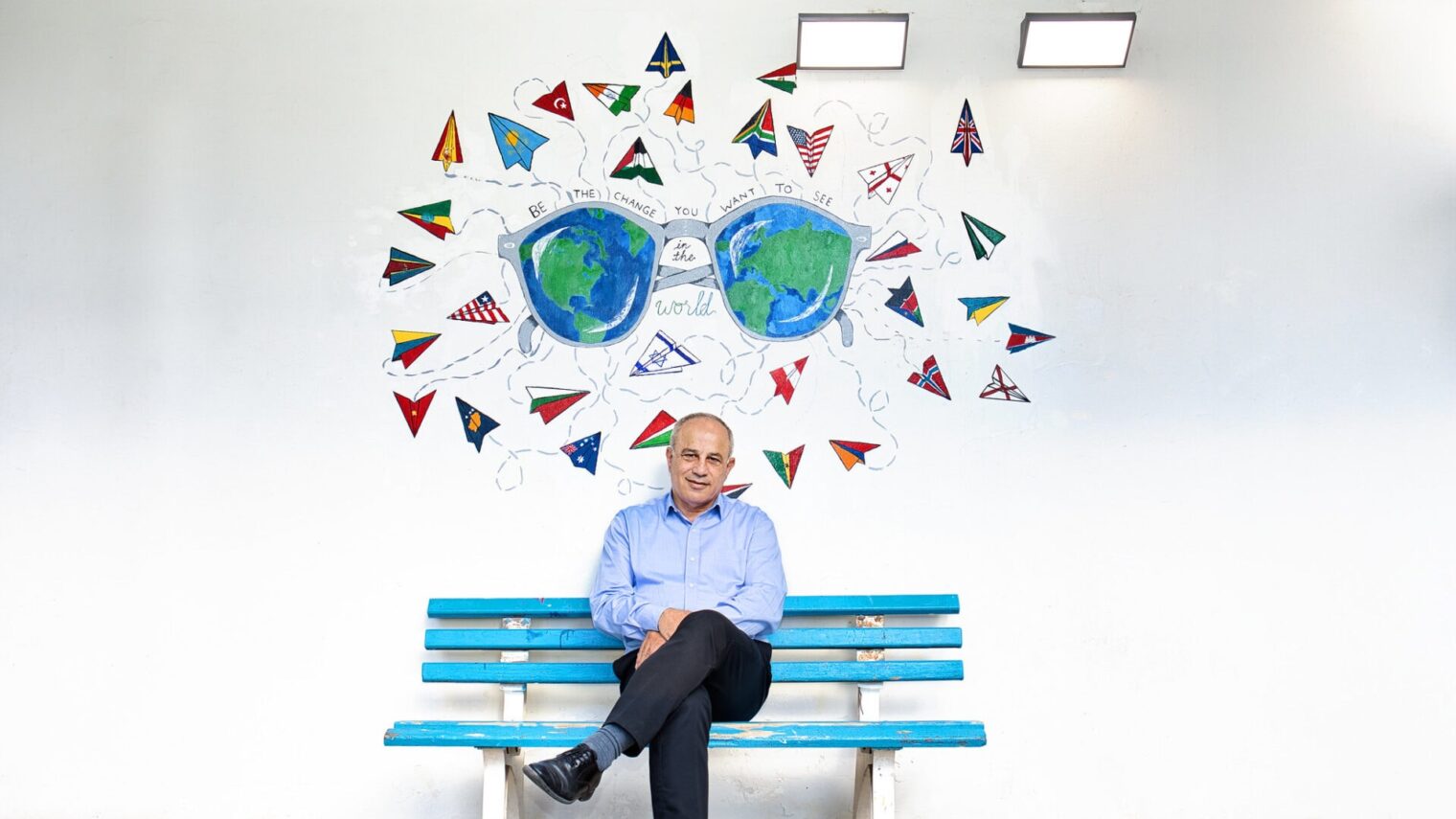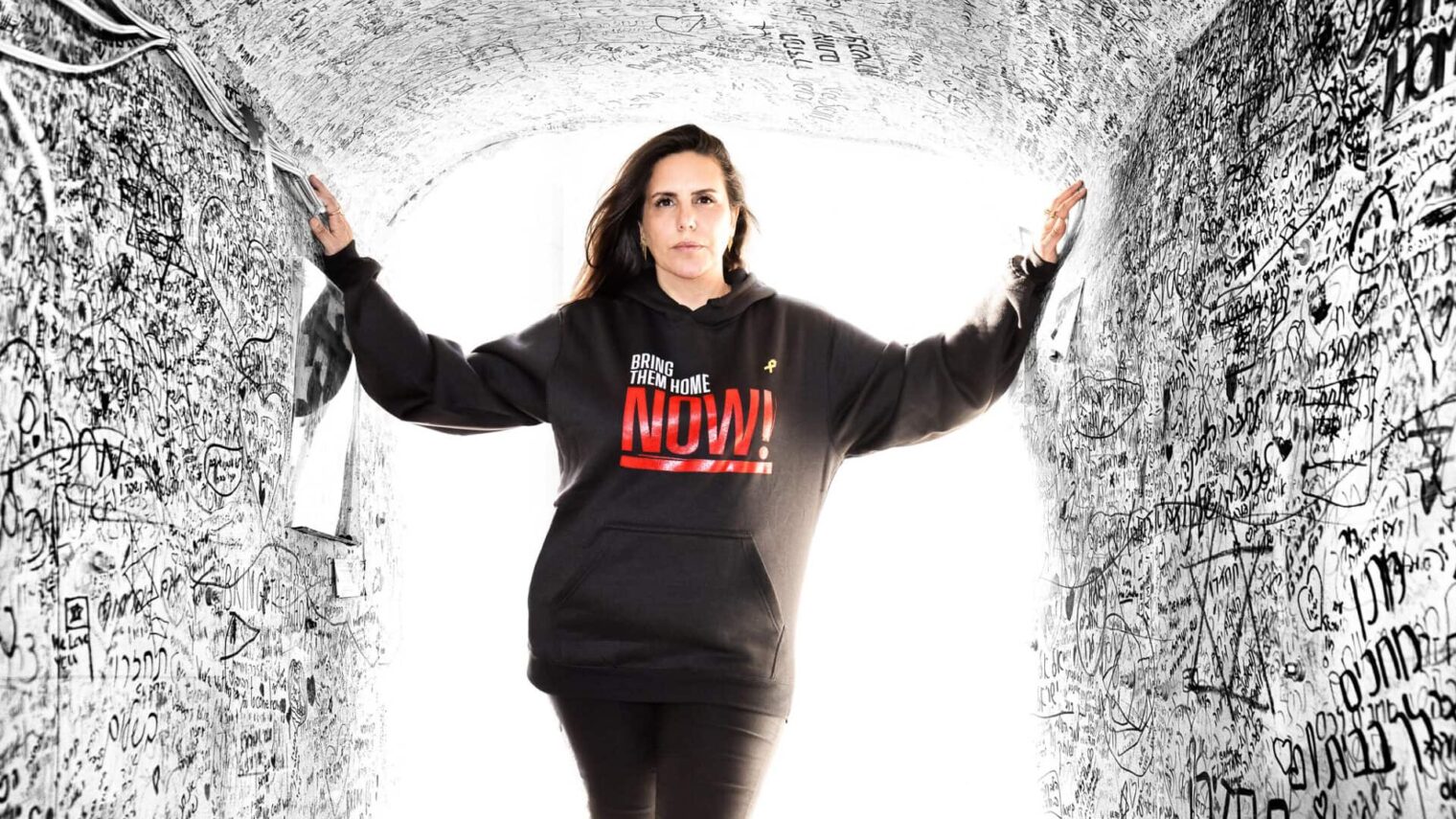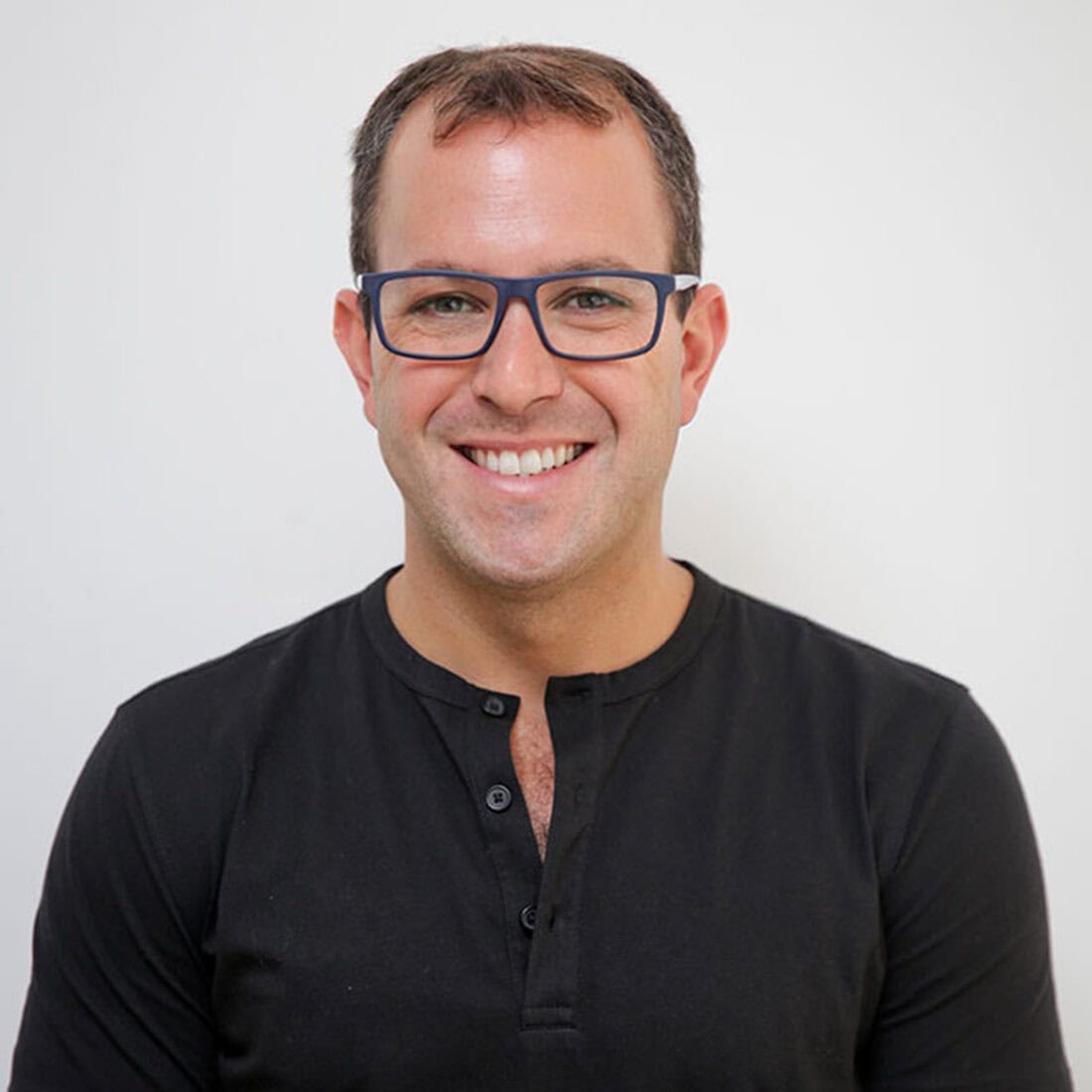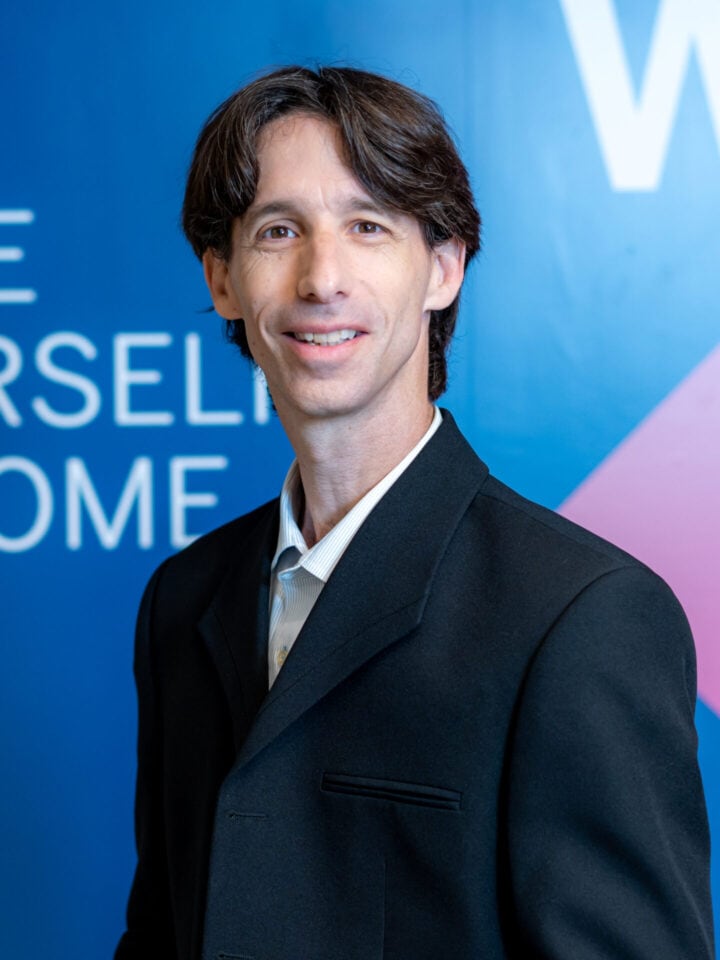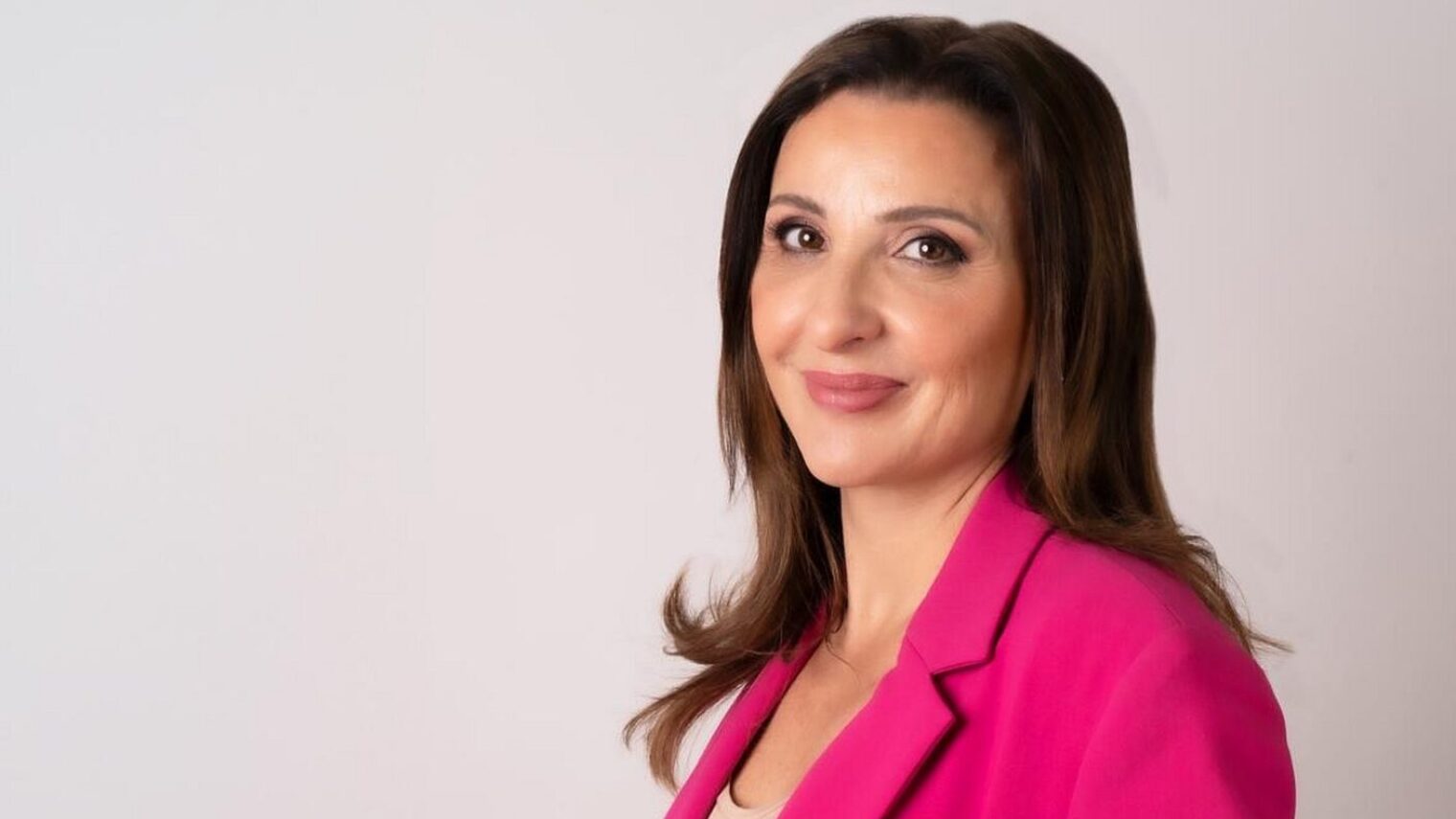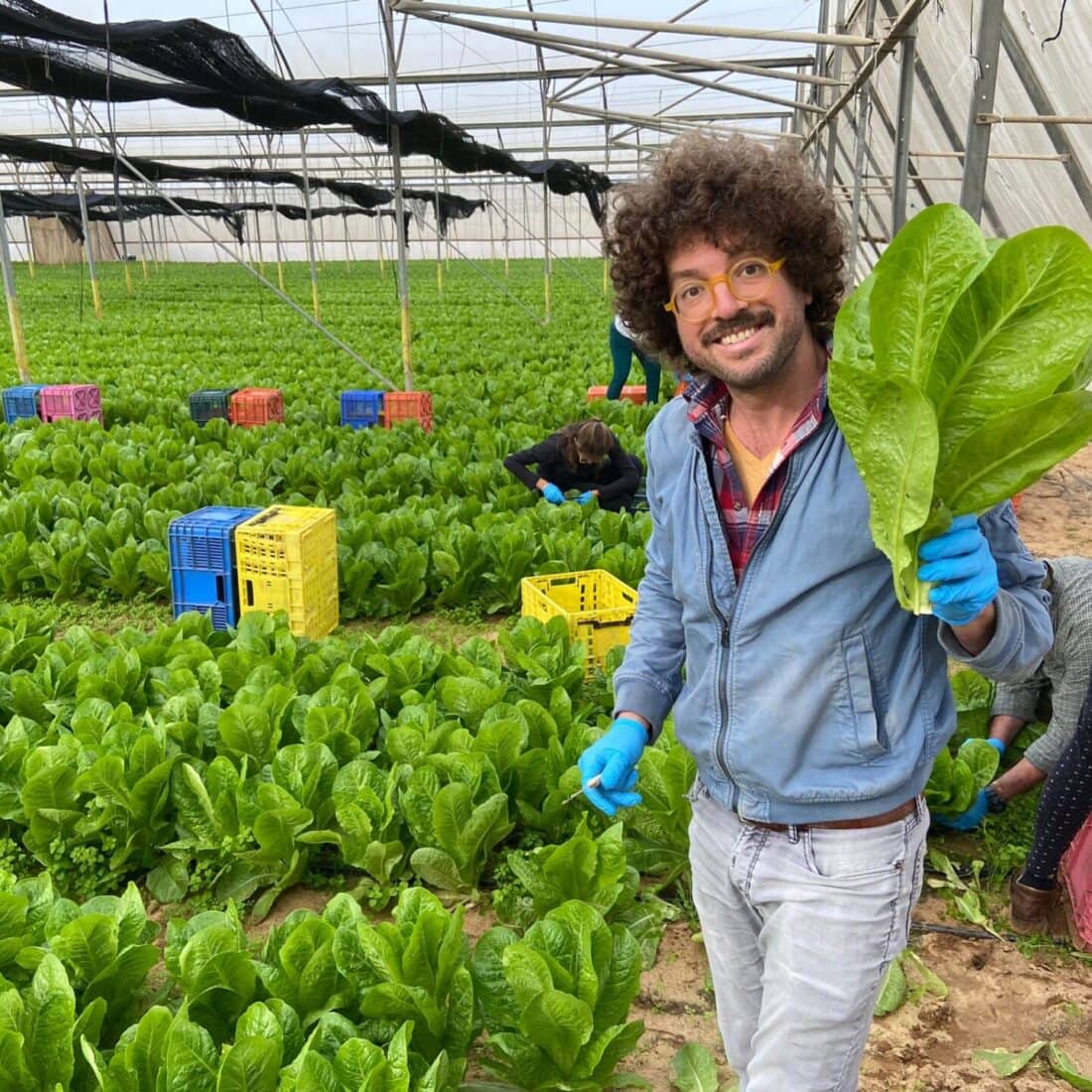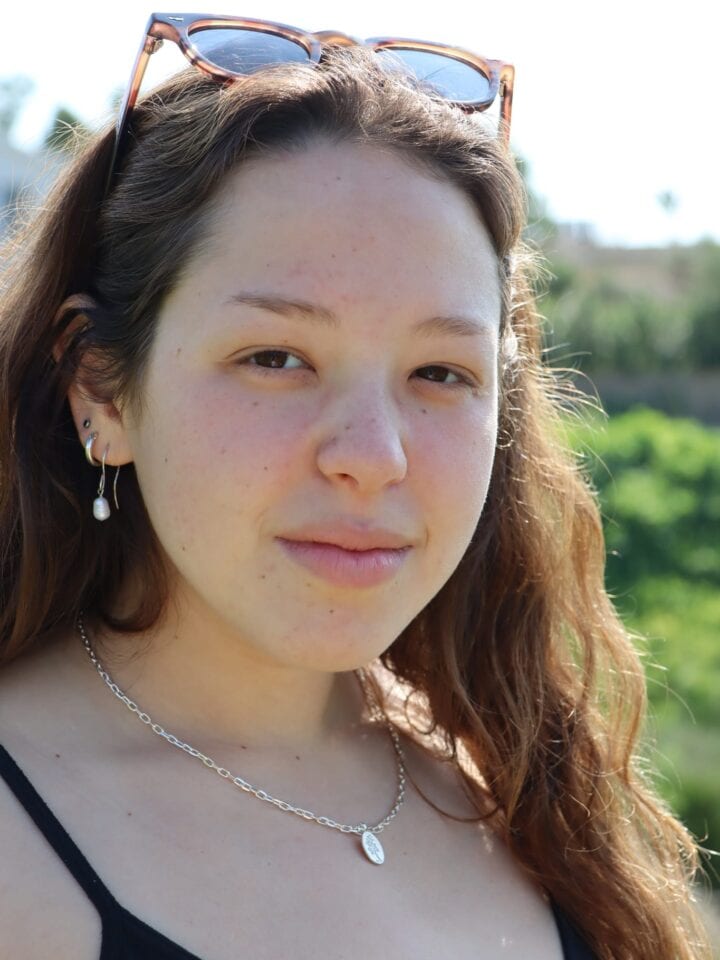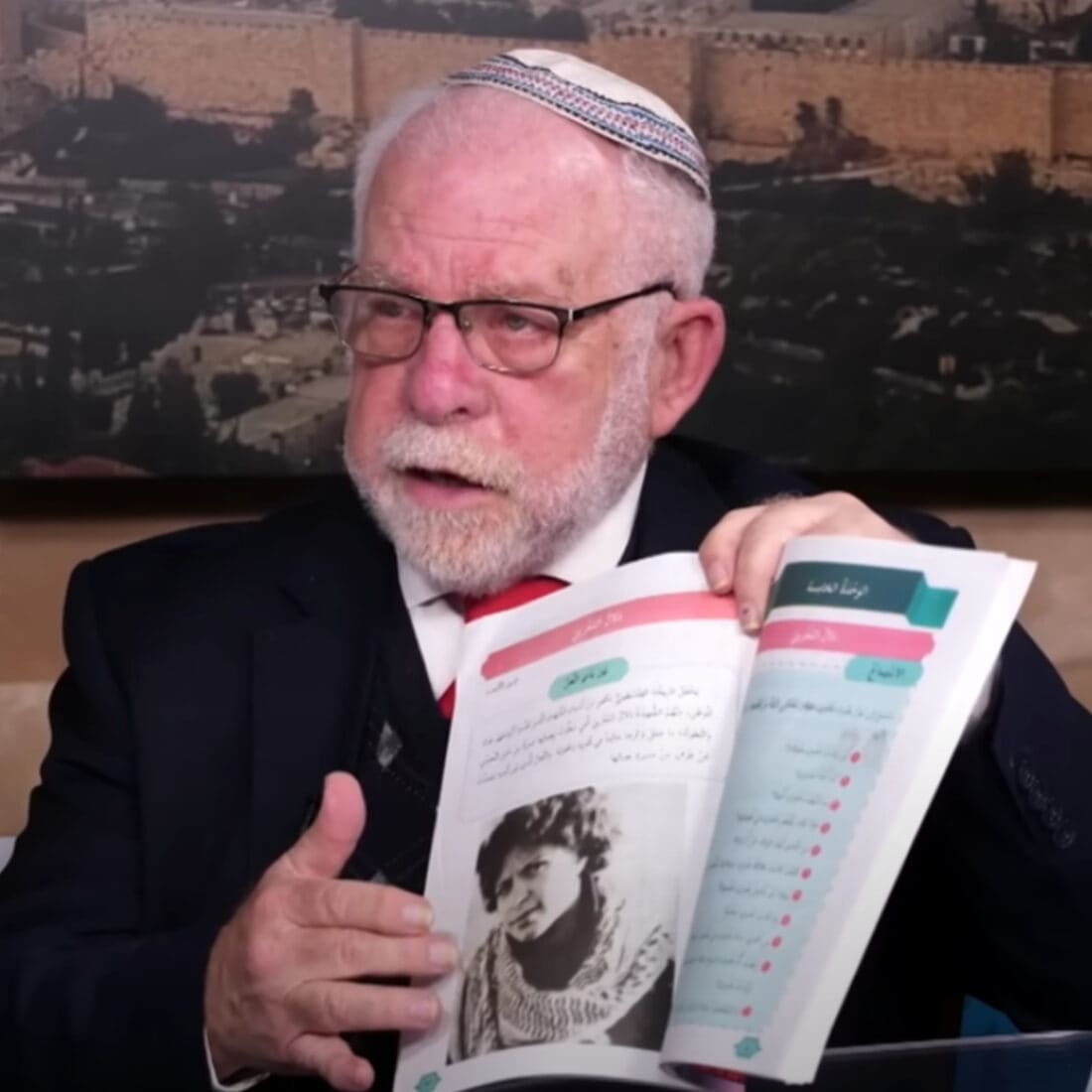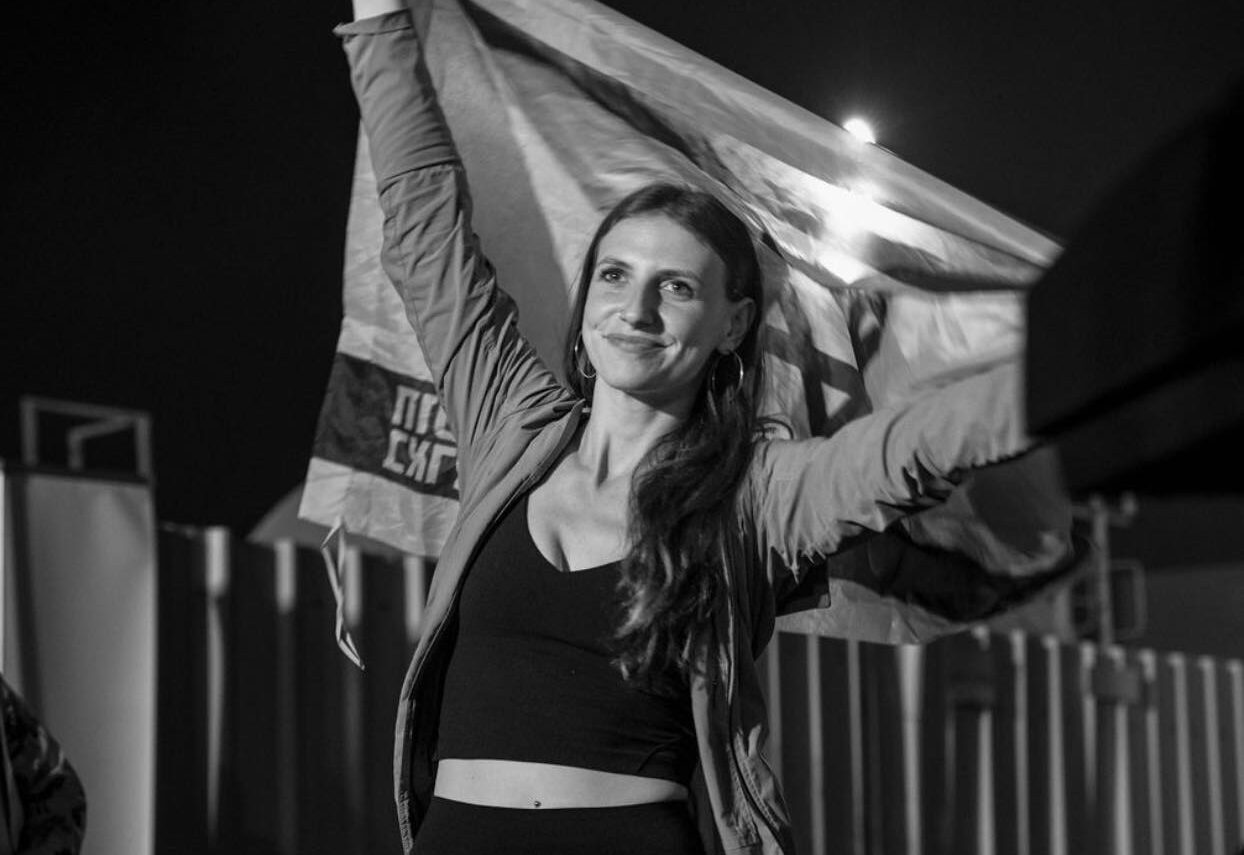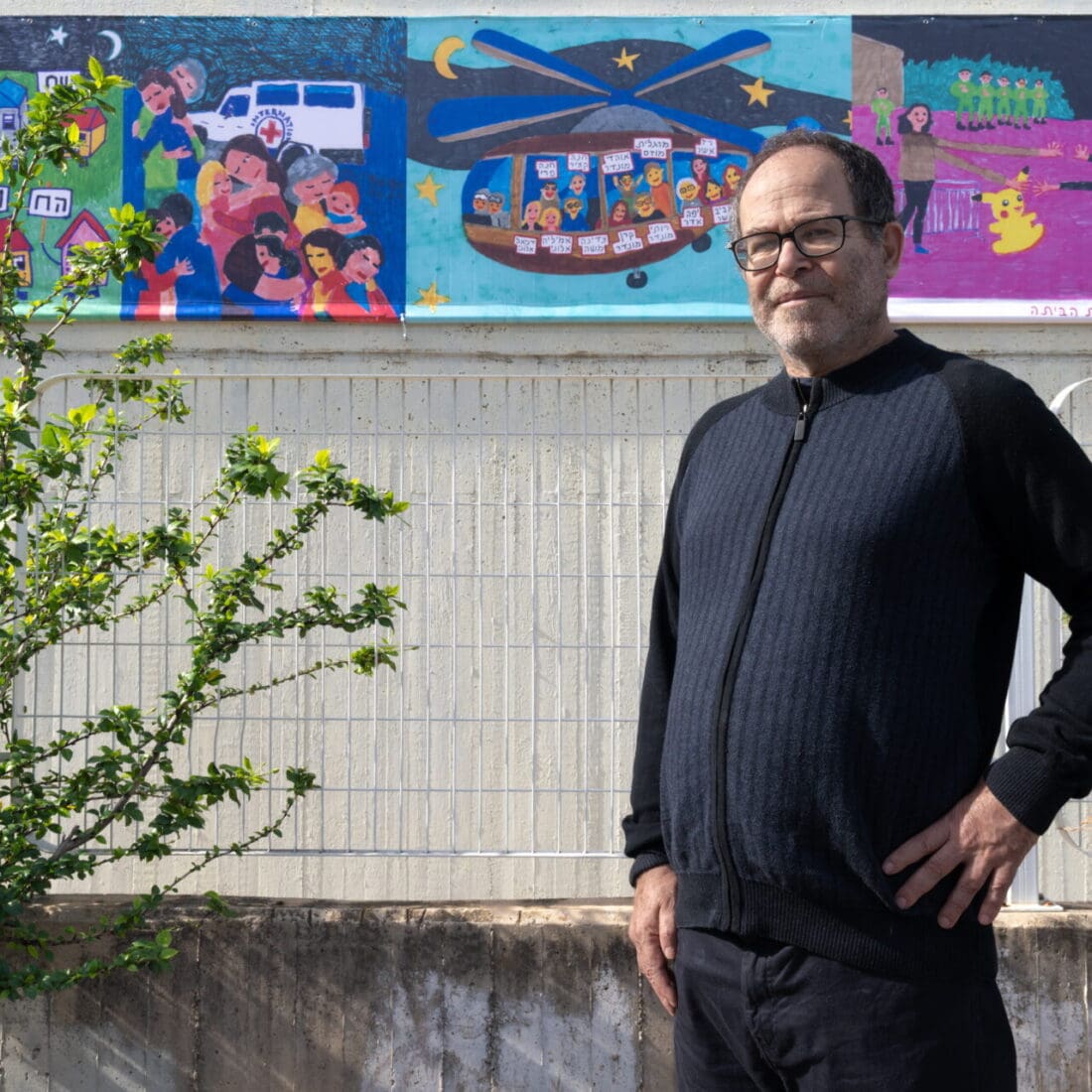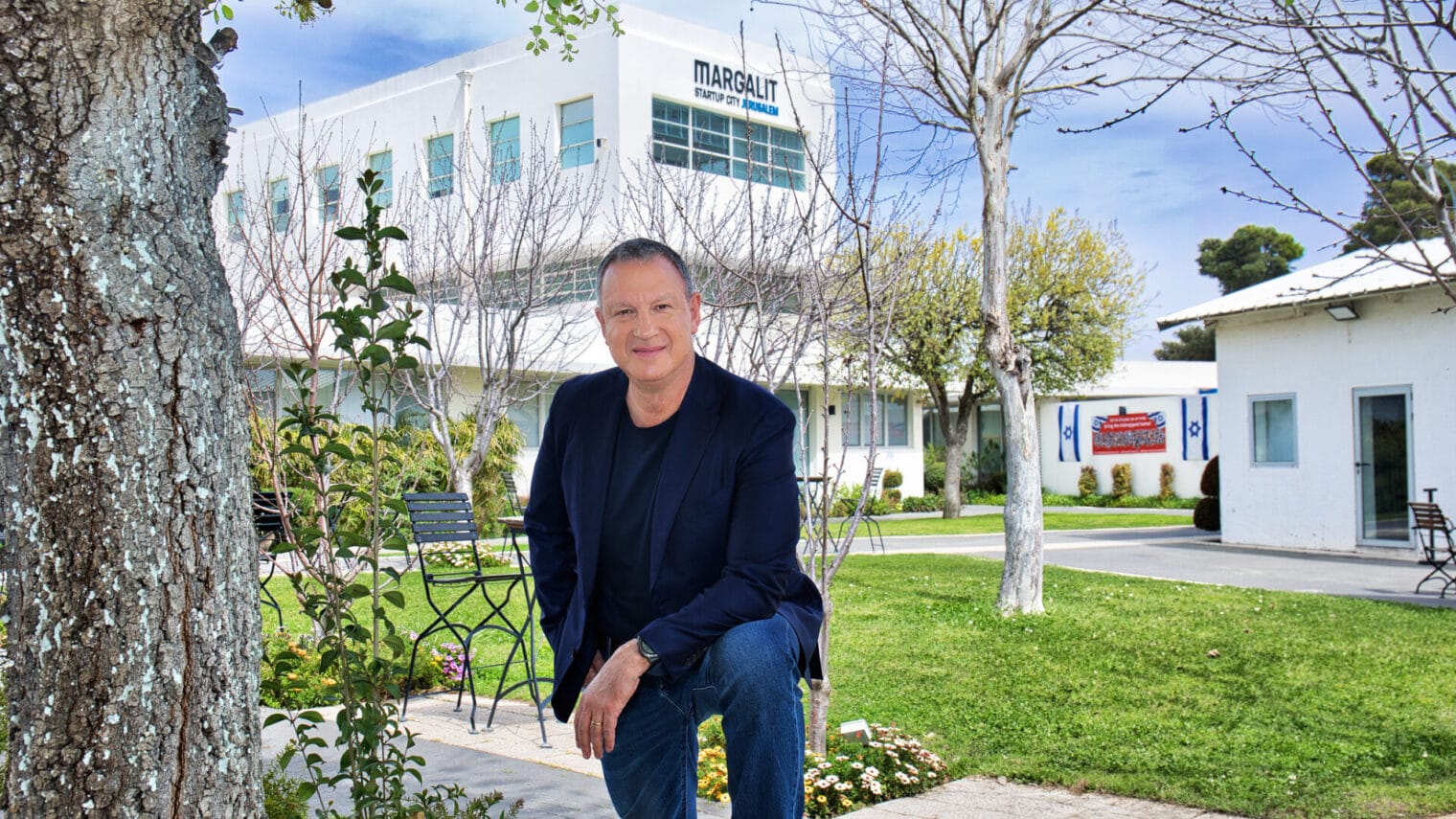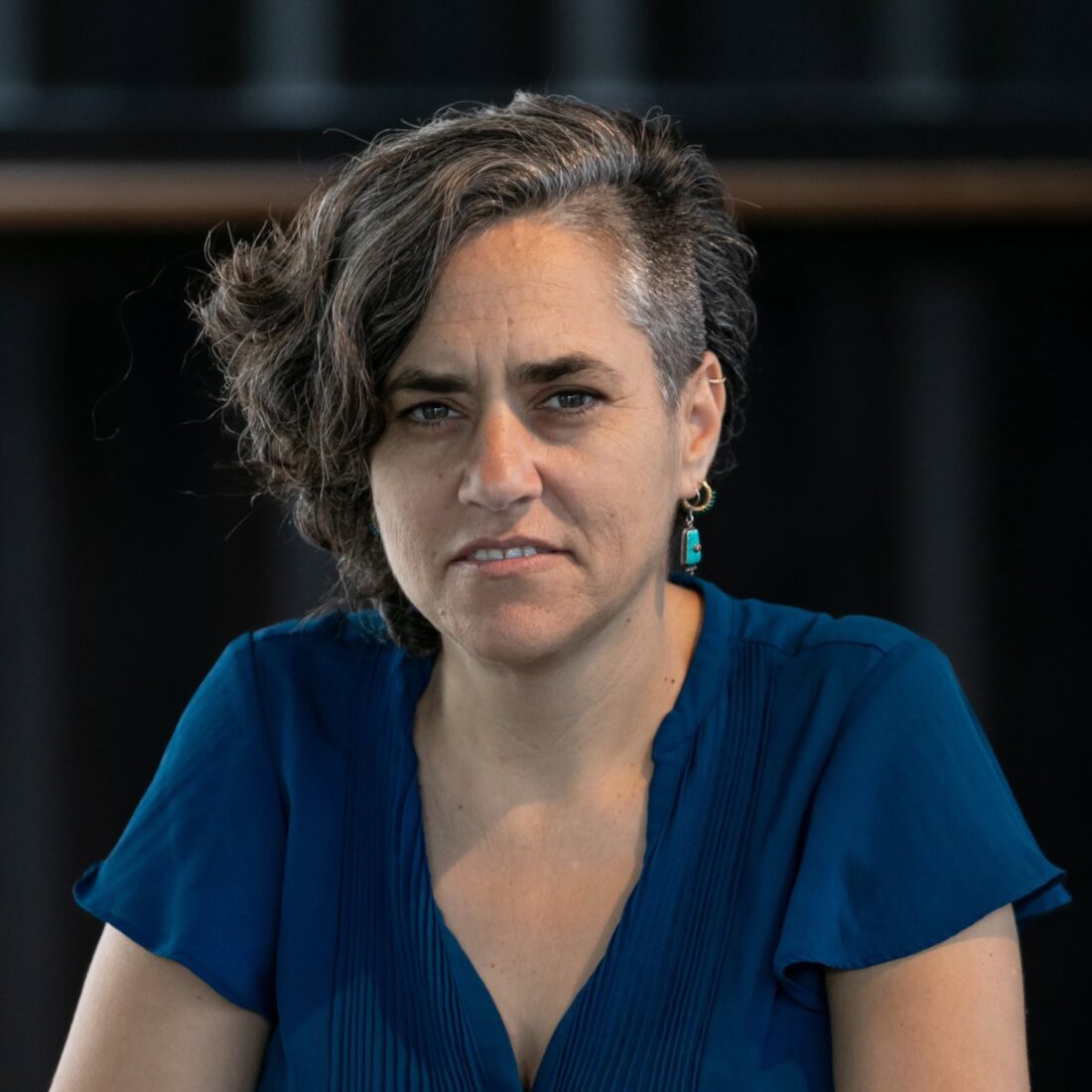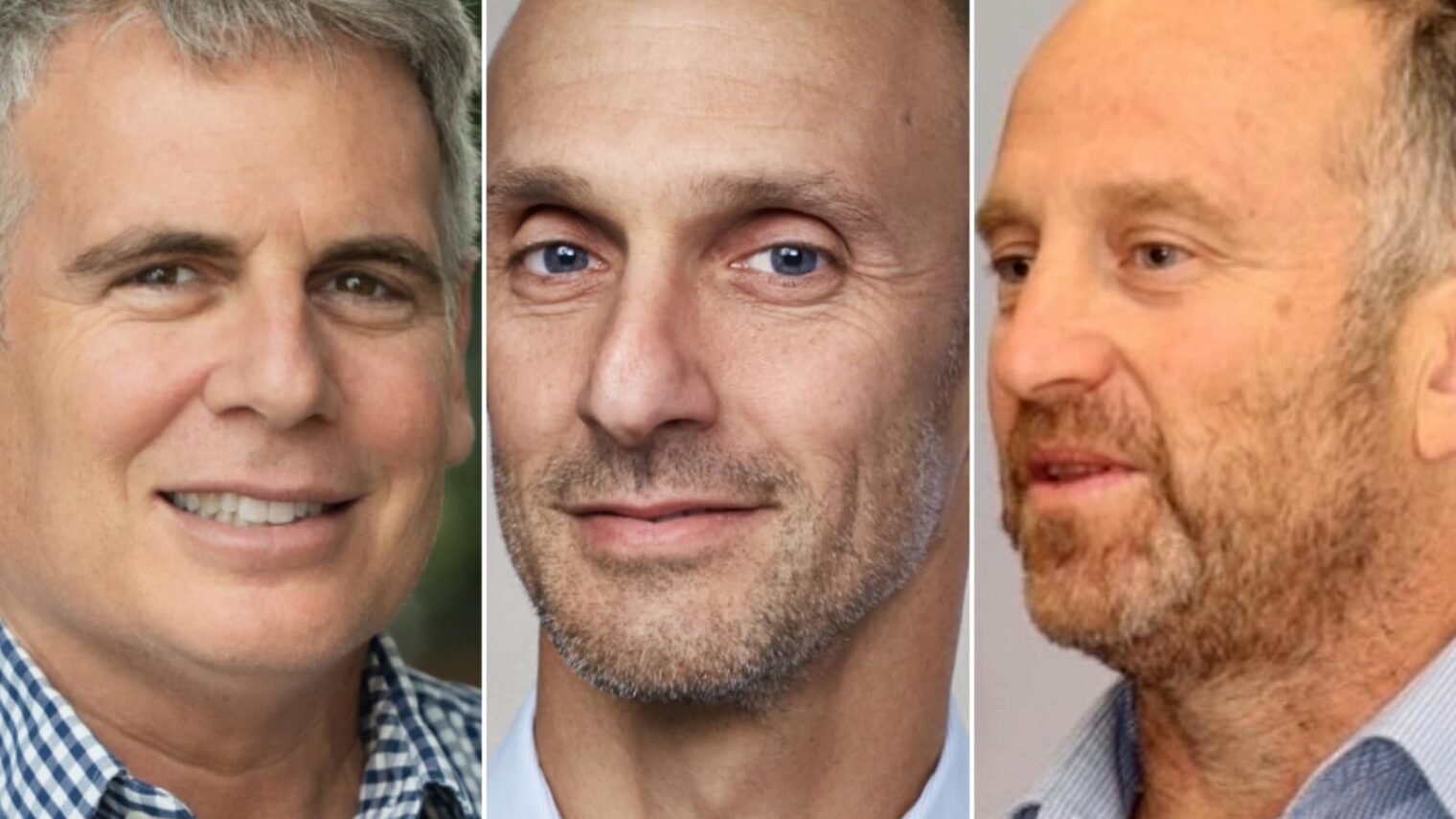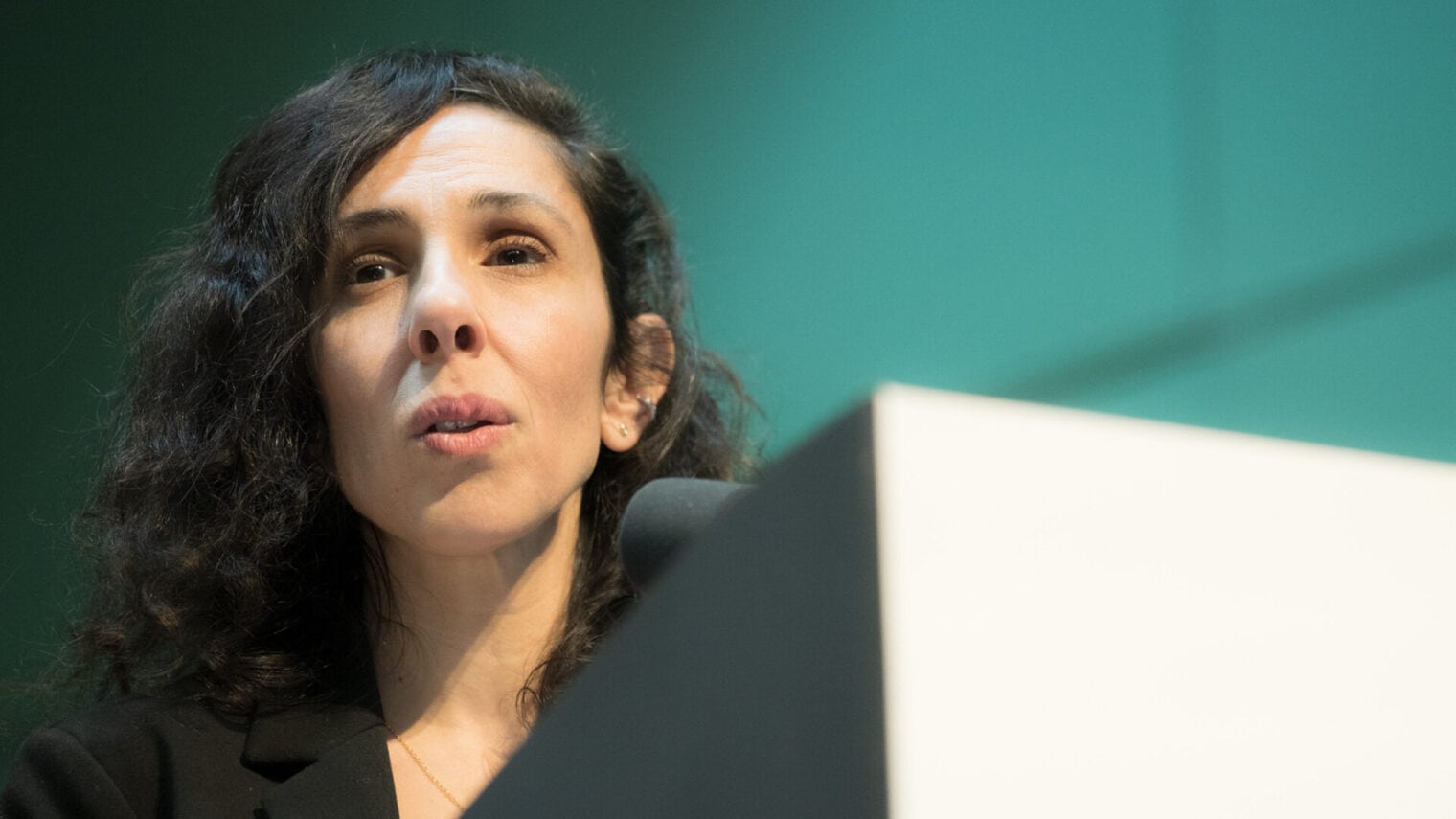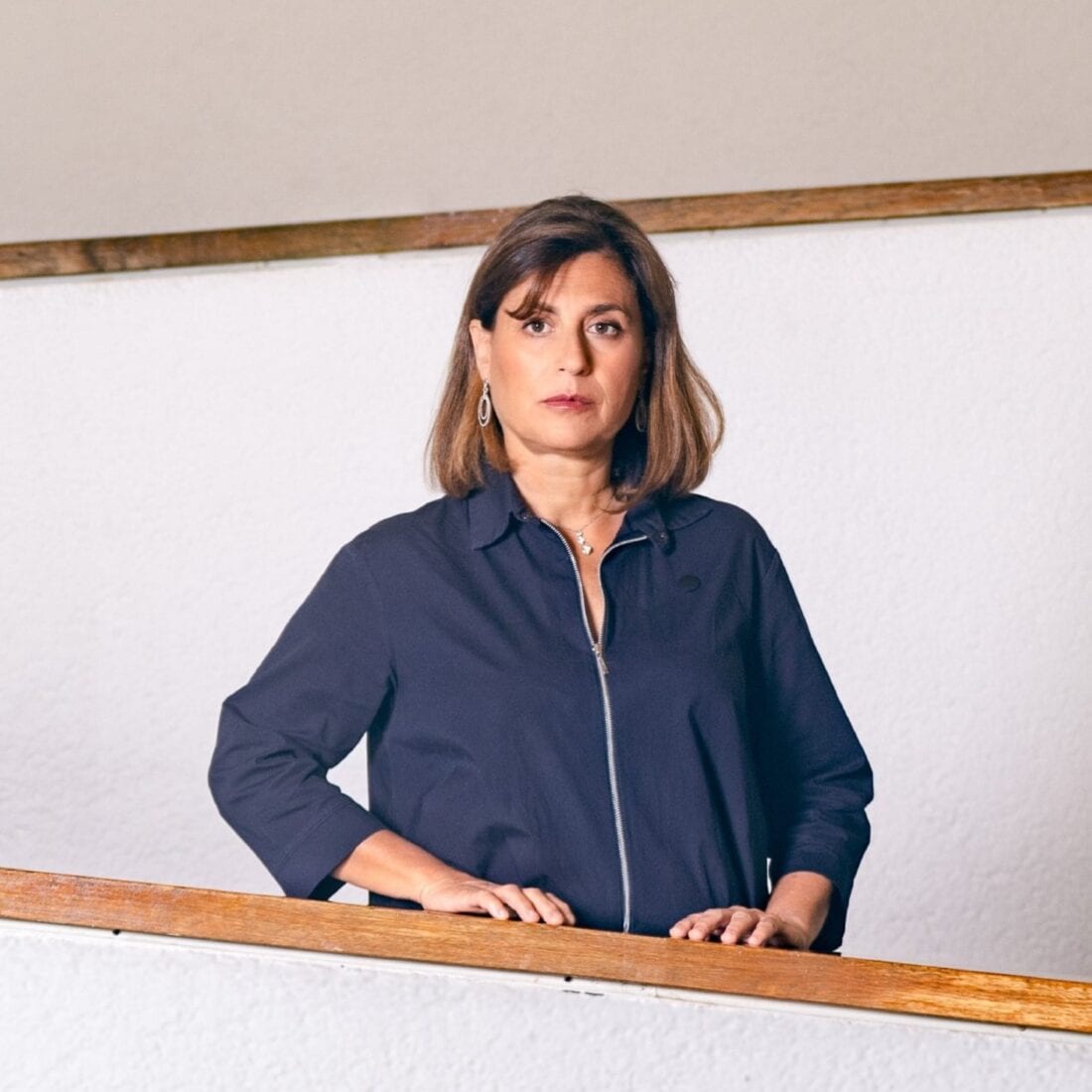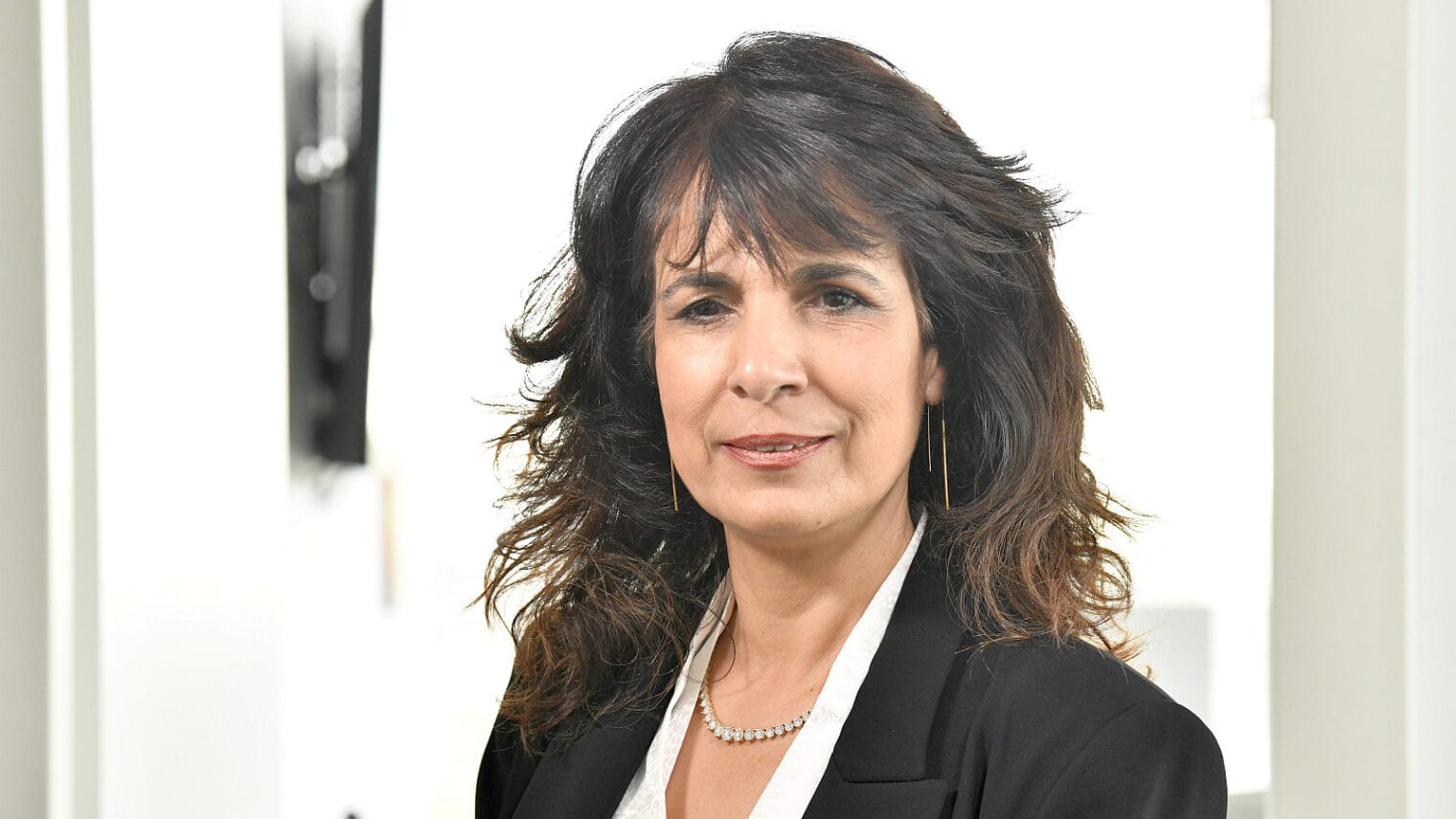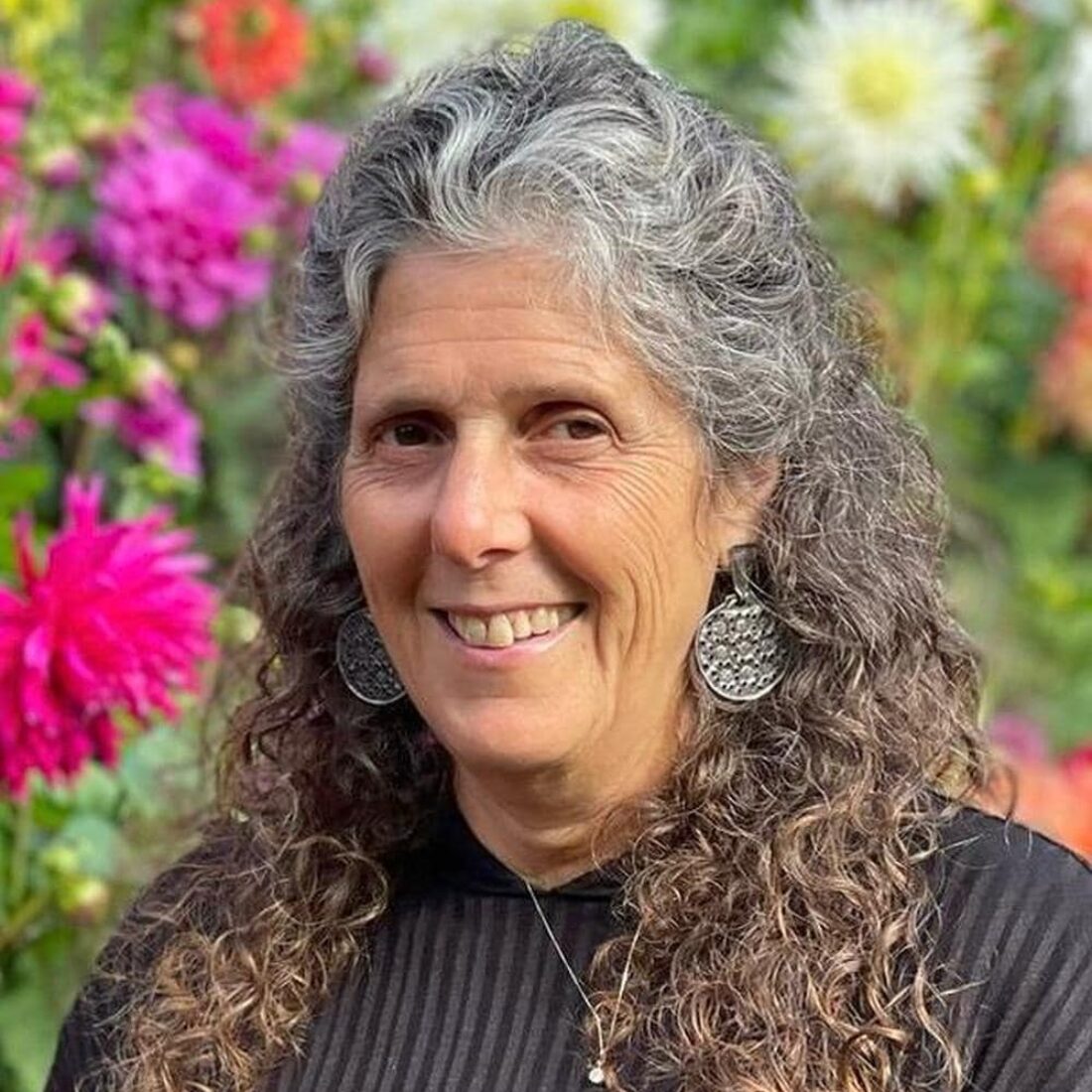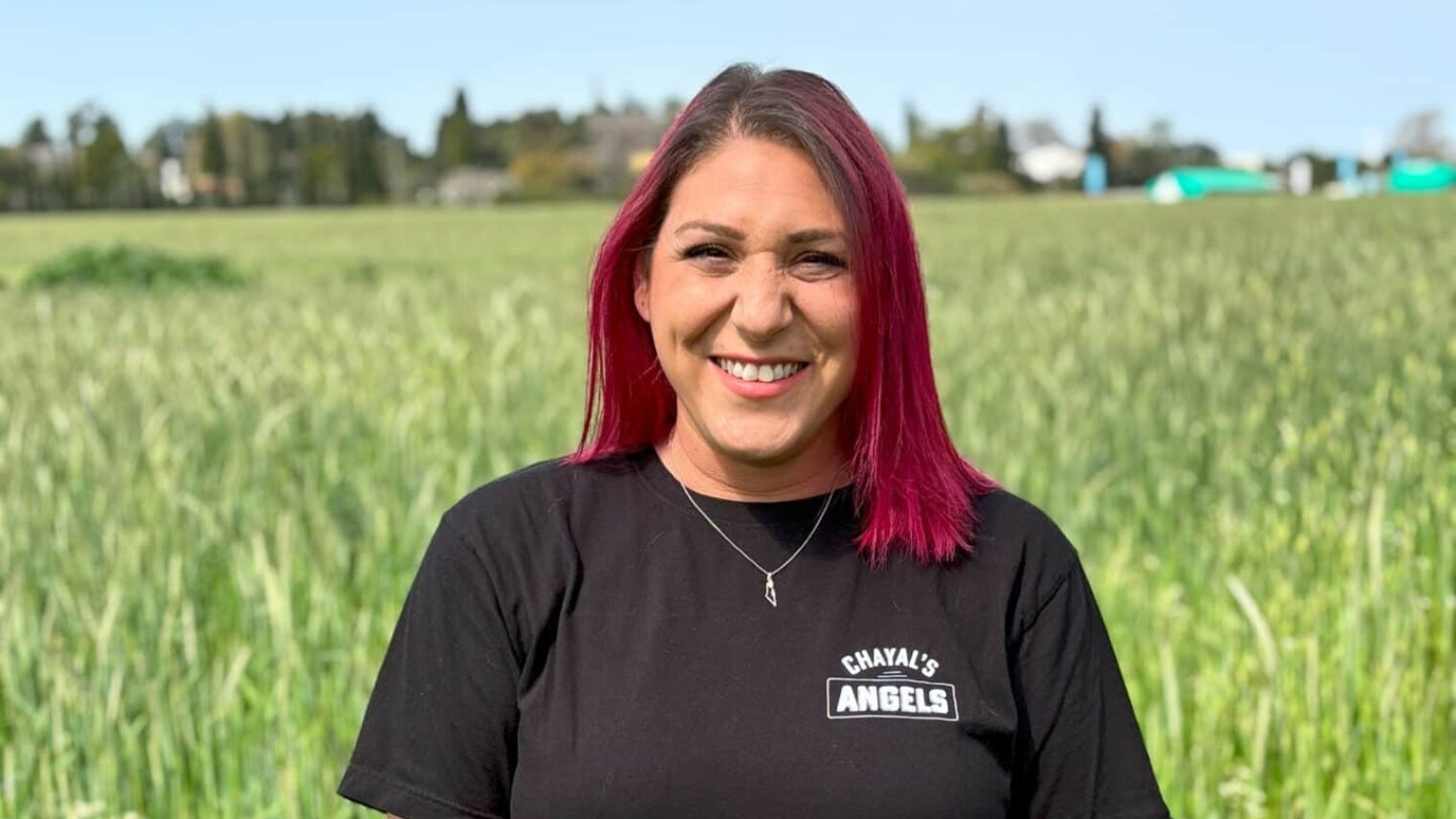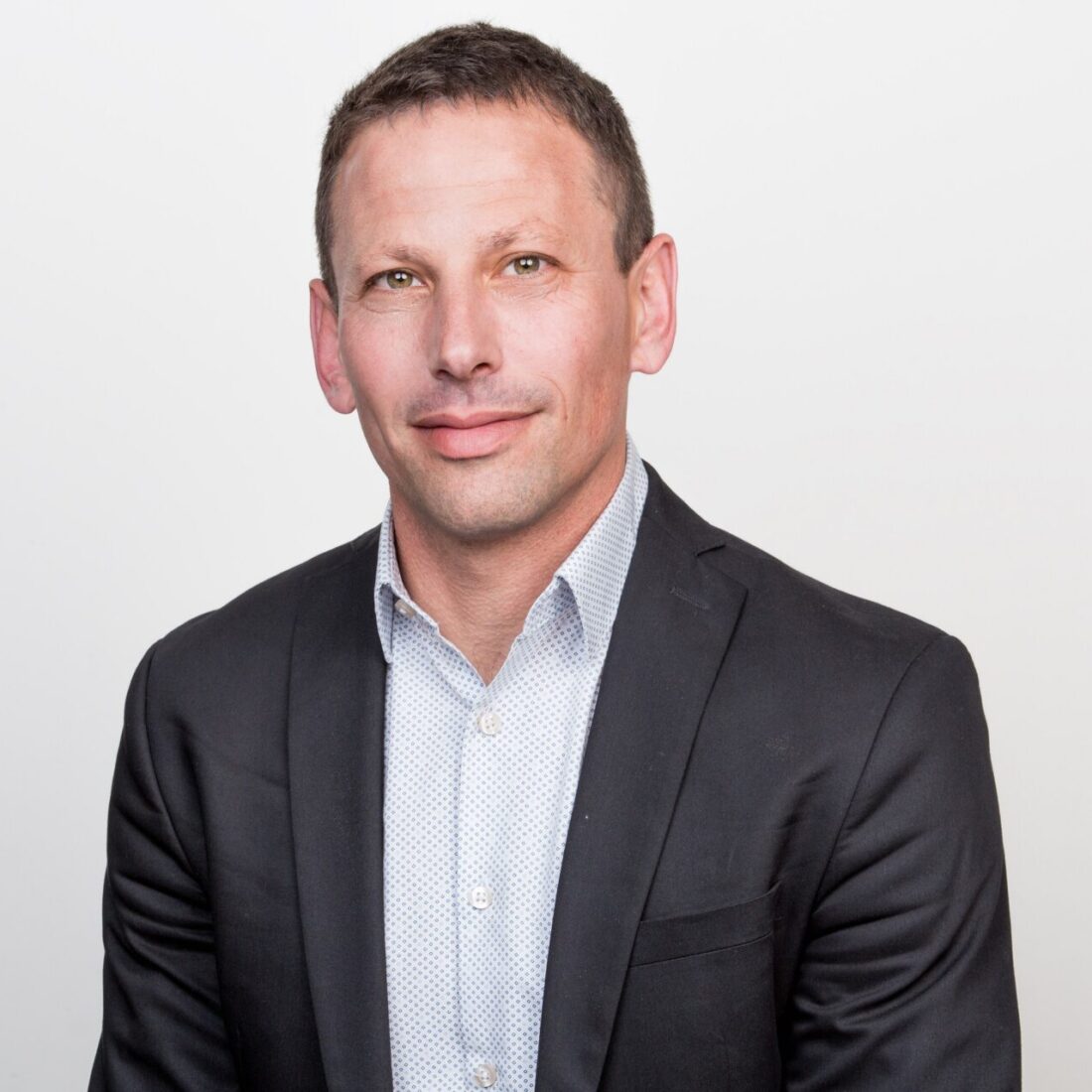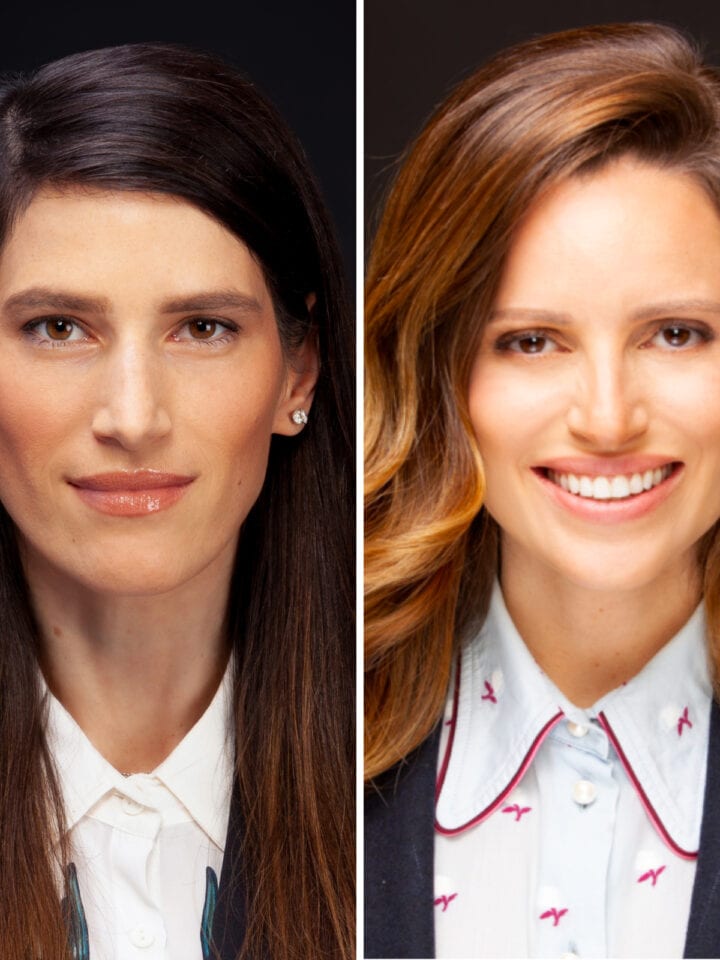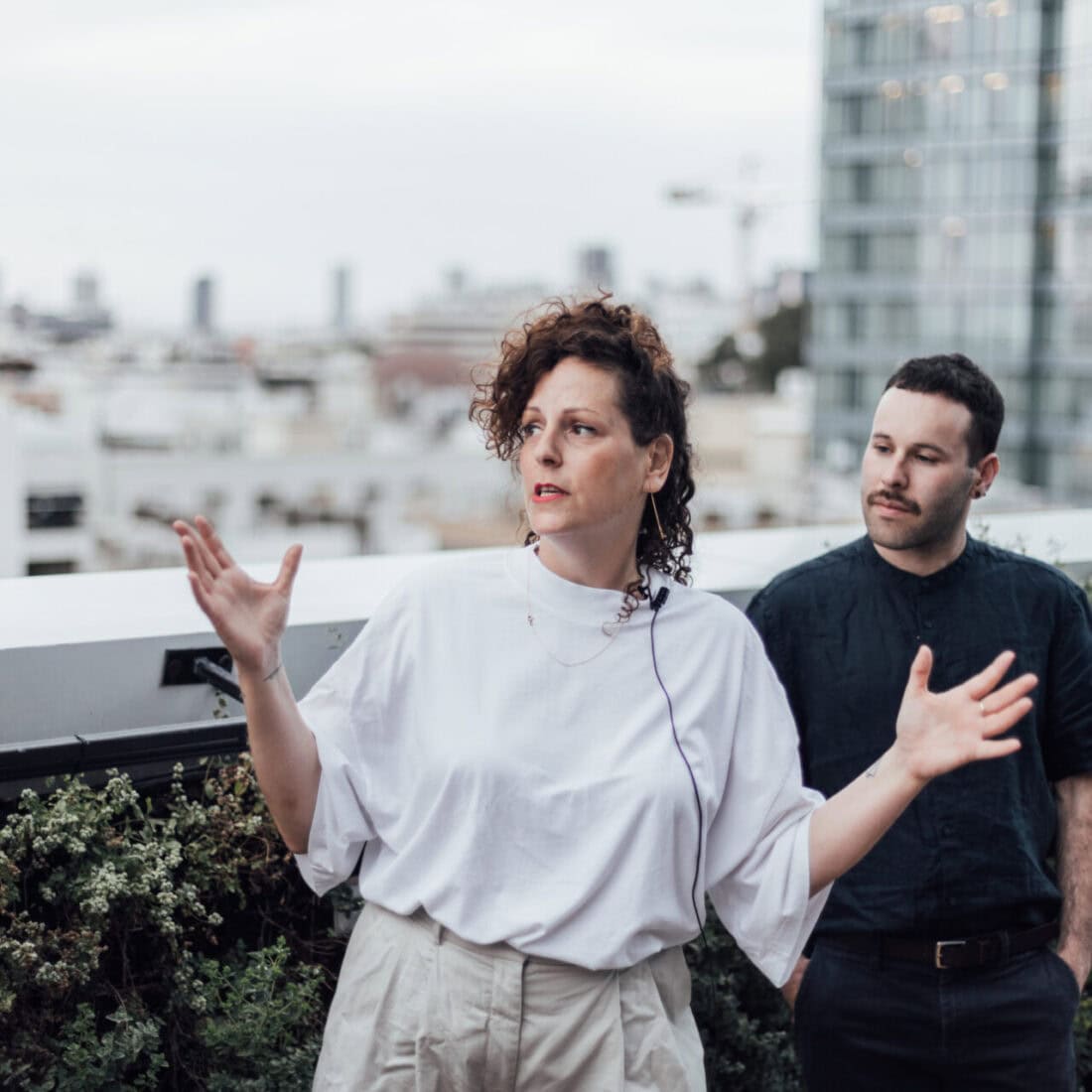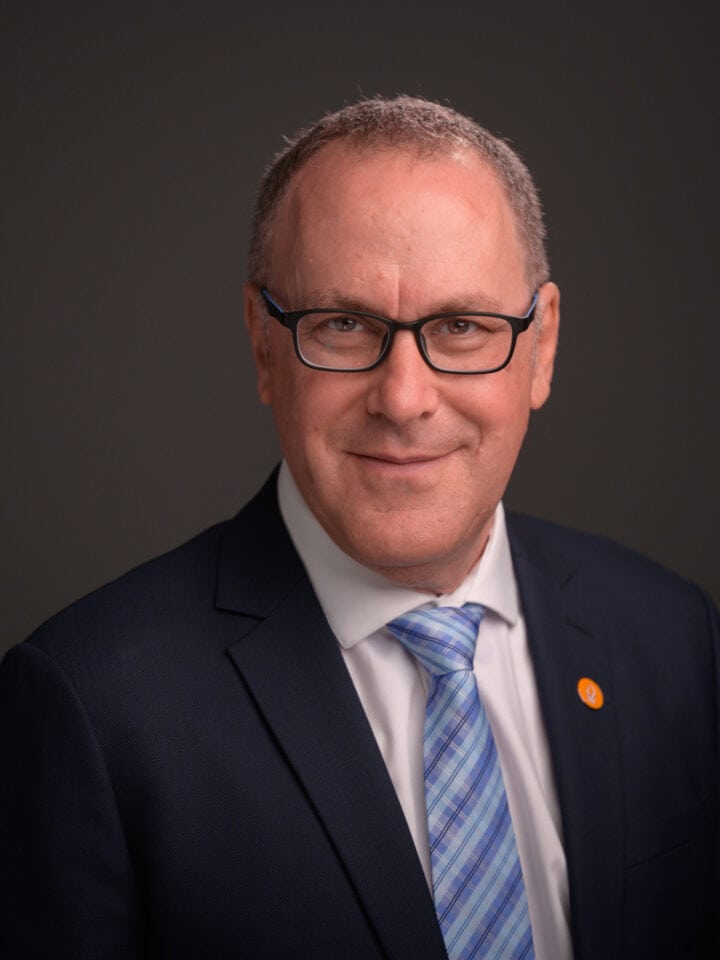Before October 7th, Israeli Ethiopian entrepreneur Solomon Geveye was feeling confident about his newest endeavor, Haile Venture Capital Fund, the first investment vehicle for pre-seed startups with disruptive technologies in which at least one founder is from Israel’s Ethiopian community.
Haile means “within my power” in Amharic, and Geveye hopes it will empower fellow Israeli Ethiopians to explore high-tech entrepreneurship, a path few take and that he has trailblazed. Many potential backers expressed interest.
“Unfortunately, since October 7th there were less meetings and some investors put us on hold. Even though lots of funding opportunities arose to support the startup ecosystem, we didn’t secure our funds yet as it seems it’s much harder to fundraise for a new VC, especially for a minority-dedicated one,” he says candidly.
Moreover, the war has made it difficult for him to move forward on his plan for Haile to open an entrepreneurship and acceleration program at Reichman University’s Google and Reichman Tech School, with support from the Israel Innovation Authority.
“As an officer in the reserves, it was very hard to focus on Haile as my mind was also troubled with the war. I was supposed to enlist but my wife and I were expecting twins so I needed to be at home. As an entrepreneur, this kind of challenge is part of the process and hopefully we’ll conclude the fundraising by the end of 2024.”
Geveye, however, is no stranger to adversity and the current situation has done nothing to dampen his determination to see the next unicorn startups coming from within the Israeli Ethiopian community.
“The talent is there. We are setting up the infrastructure and supportive environment to make that happen,” he tells ISRAEL21c.
About 2,000 Israeli Ethiopian professionals currently work in high-tech although not in top management positions.

“Haile aims to build a leading layer of leadership from the Israeli Ethiopian community, who will be a role model for success and integration within the Ethiopian community — both in leading positions in the high-tech industry, and in leading innovative technological ventures,” he says.
The contribution of Haile to the development of human capital in Israeli high-tech will lead to more diverse startups and ventures which are more successful than homogeneous companies and this will strengthen the Israeli economy.”
“The talent is there. We are setting up the infrastructure and supportive environment to make that happen.”
Geveye was born in a village in the mountainous Gondar region of Ethiopia. His parents grew teff, vegetables, corn and grasses for livestock feed.
Three older siblings managed to get to Israel around the time Solomon was born. Another left for Israel with his grandmother two months before Solomon’s parents and their four remaining children joined them, airlifted to Israel as part of the Israeli government’s Operation Solomon in 1991.
Solomon was not yet six years old.
“It was a 2,000-year-old dream come true,” he says of their arrival in the Promised Land after a year of Hebrew classes and other preparations in Addis Ababa.
“It was very exciting when we got on the plane, and it was very exciting to meet my older brothers and sister for the first time when I came to Israel.”
Upon arrival, he took a pre-kindergarten skills test and aced it so impressively that Israeli education officials skipped him right into second grade.
His extraordinary level of achievement as a little boy set a benchmark that he’s consistently met throughout his career in the military, the startup world and now in his new venture.
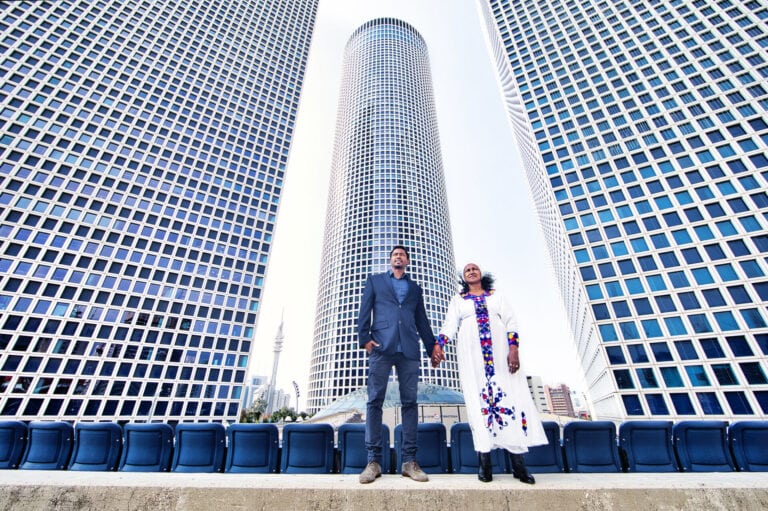
Now a 38-year-old father of a toddler and infant twins, Geveye credits his parents with instilling a sense of responsibility in their kids, and he says Ethiopian children mature fast due to their circumstances.
But there is no doubt that he was a gifted student.
He earned a degree in economics at Ariel University through an academic reserves program of the Atidim (Futures) organization, which helps talented young people from underserved and marginalized communities pursue meaningful careers.
Geveye says that “Israel hasn’t really learned how to absorb immigrants, especially those from weaker financial backgrounds,” yet at the same time, “studies show that immigrants who have experienced challenges in acclimatization have valuable skills and traits that can make them successful entrepreneurs, including adaptability, resilience, and a high tolerance for risk.”
He describes himself as “a highly driven person with a great passion for entrepreneurship, education, Israel advocacy, and social justice, and I strive to improve these fields in any way I can.”
After graduation and officer training in the Israel Defense Forces, he served as an IDF economist for seven and a half years, earning a master’s in business administration during that time.
“About 300 economists manage the whole IDF budget,” he tells ISRAEL21c. “It was a challenging and great experience to be handling multimillion-dollar budgets and having discussions with brigadier generals at such an early age. It was like jumping into deep water.”
Completing his service in 2014 with the rank of captain, Geveye got married and relocated to California. His wife, Michelle, an Israeli of Iraqi and Romanian heritage, earned her MBA while he worked in finance and ran a boutique security company.
Returning to Israel in early 2019, he founded the IEA (Israel, Ethiopia, America) consultancy to facilitate projects between Israeli startups, and some American companies, in Nigeria, South Africa and Ethiopia.
In 2021, he and two Israeli Ethiopian cofounders started MetekuAI to combat fake news and disinformation on social media with automated, AI-powered credible content generation and distribution.
“Like other startups, it’s having challenges now,” he admits. “I’m still a partner there but I took a step back to focus on this new passion of mine – Haile Venture Capital Fund.”





